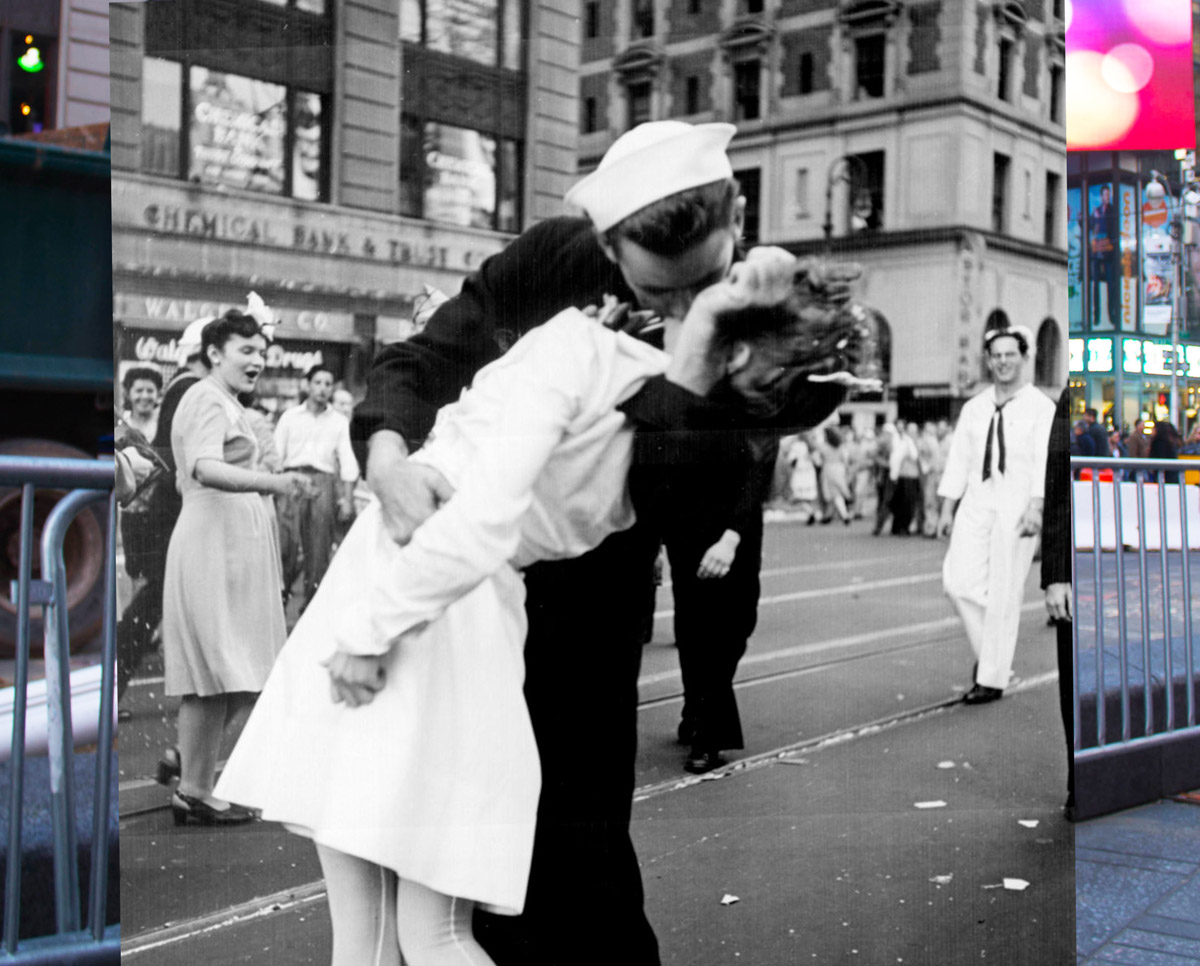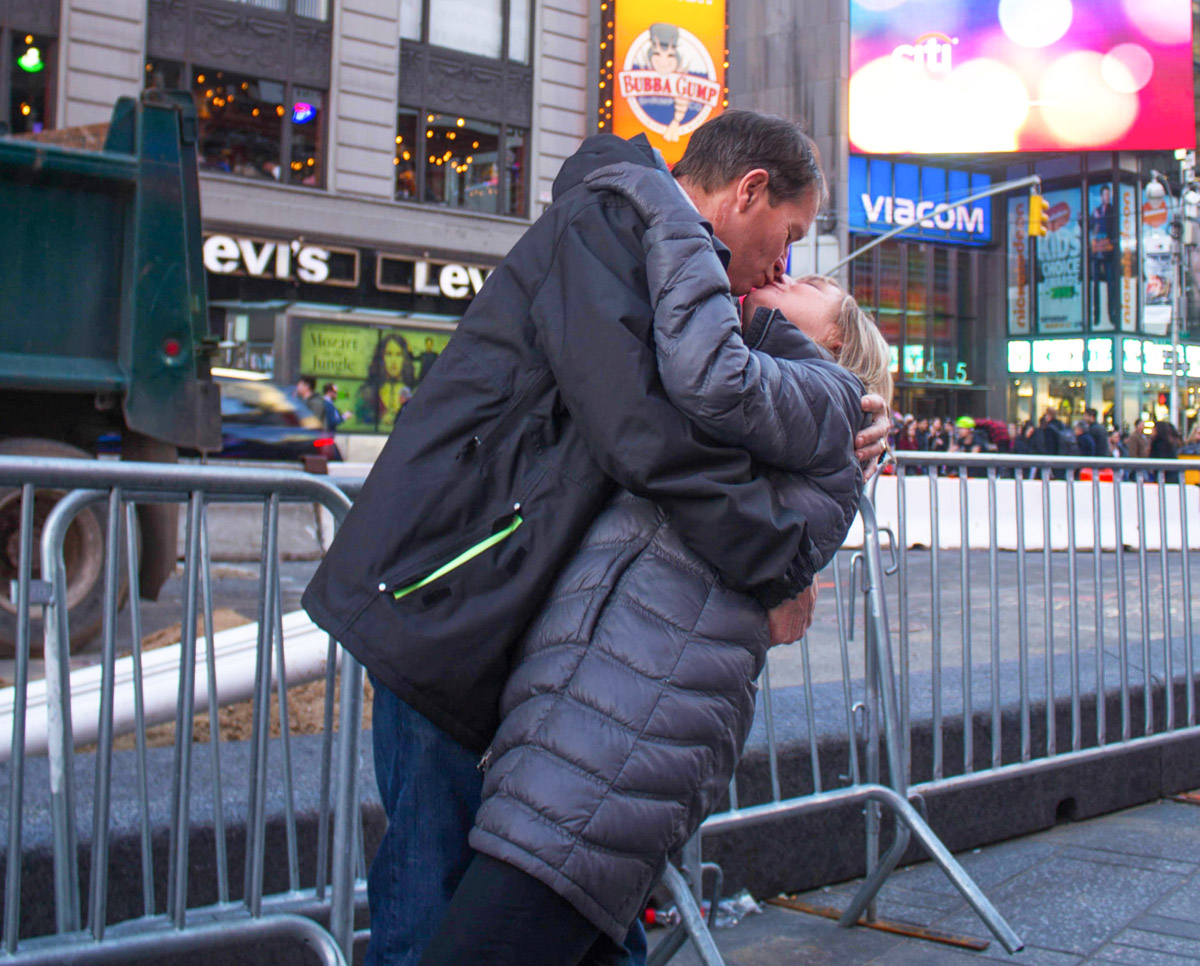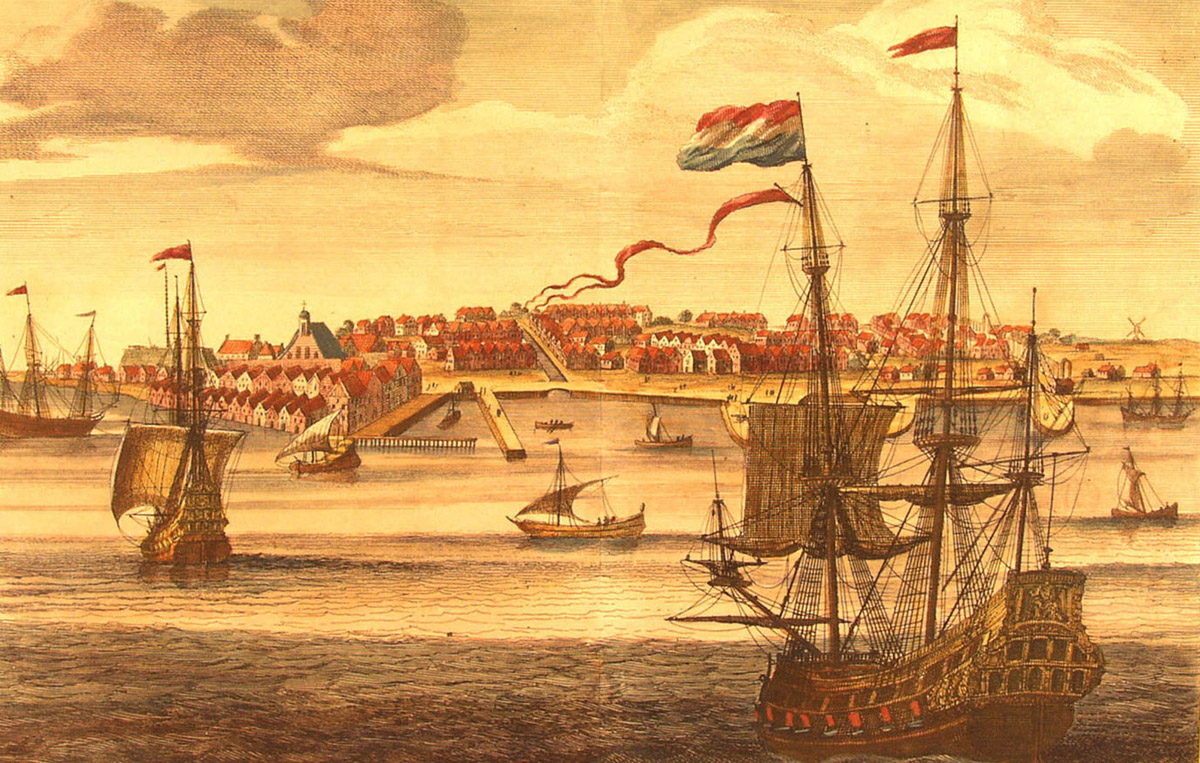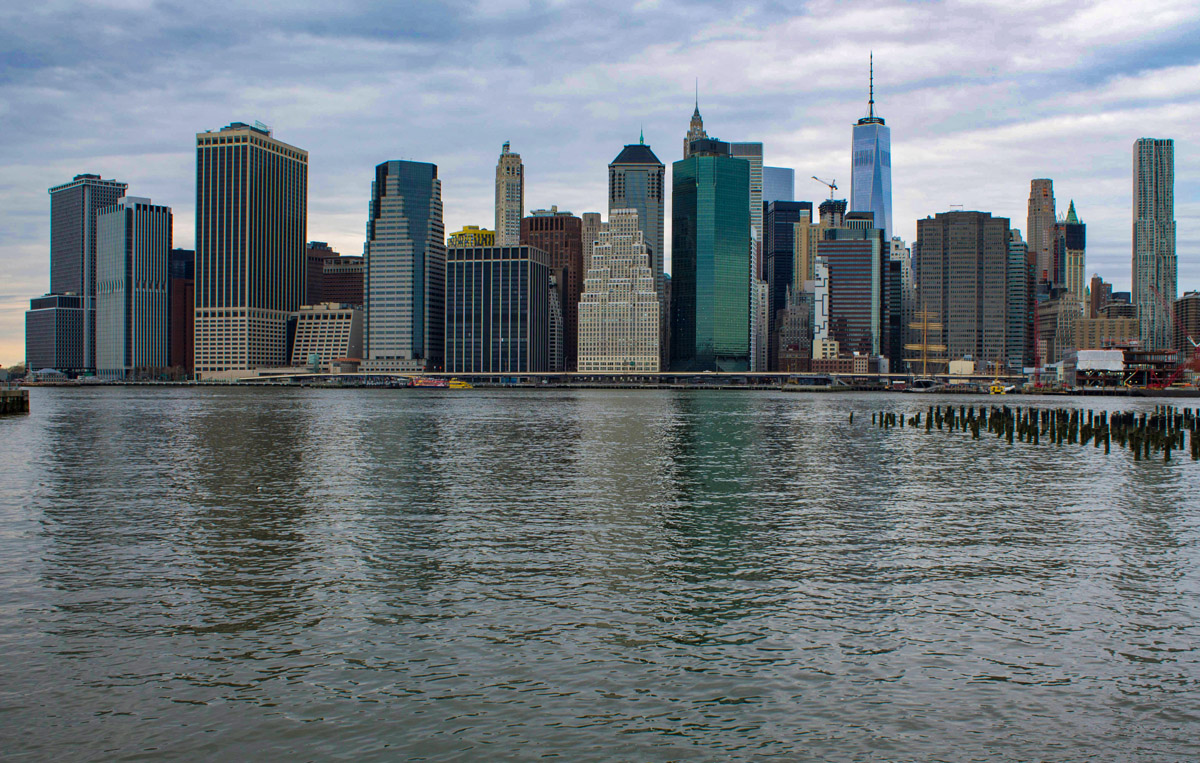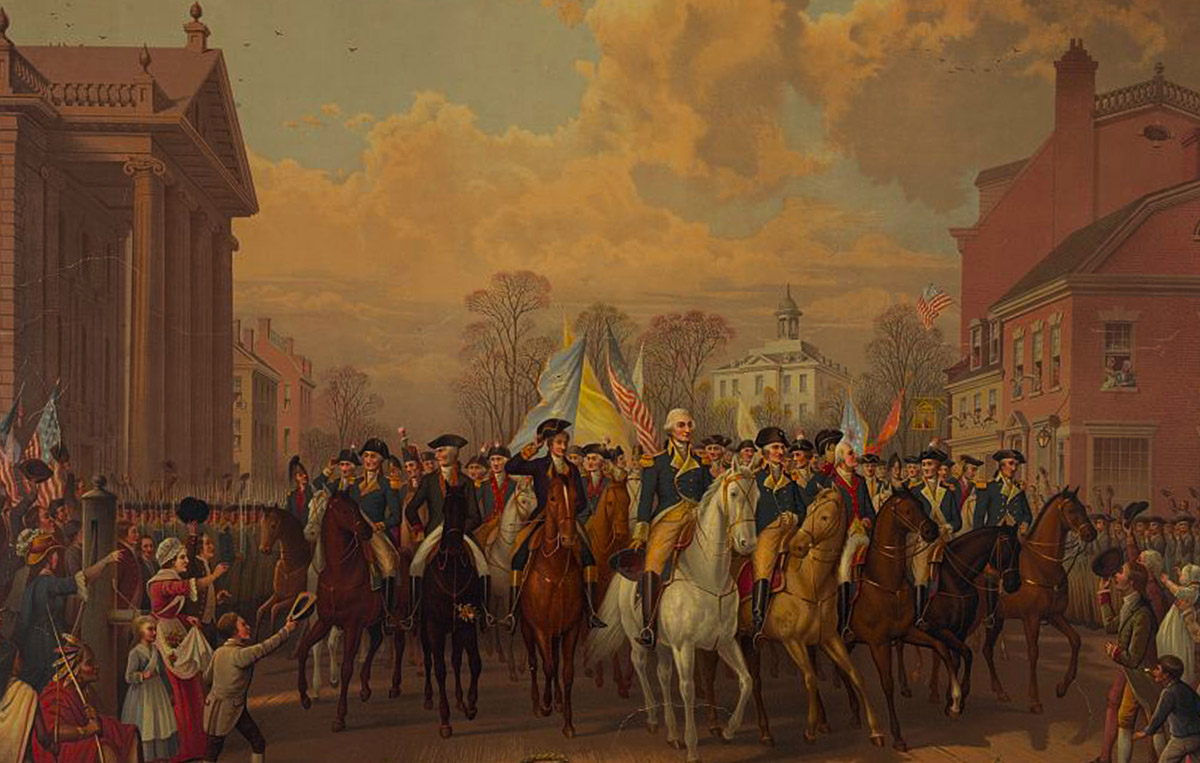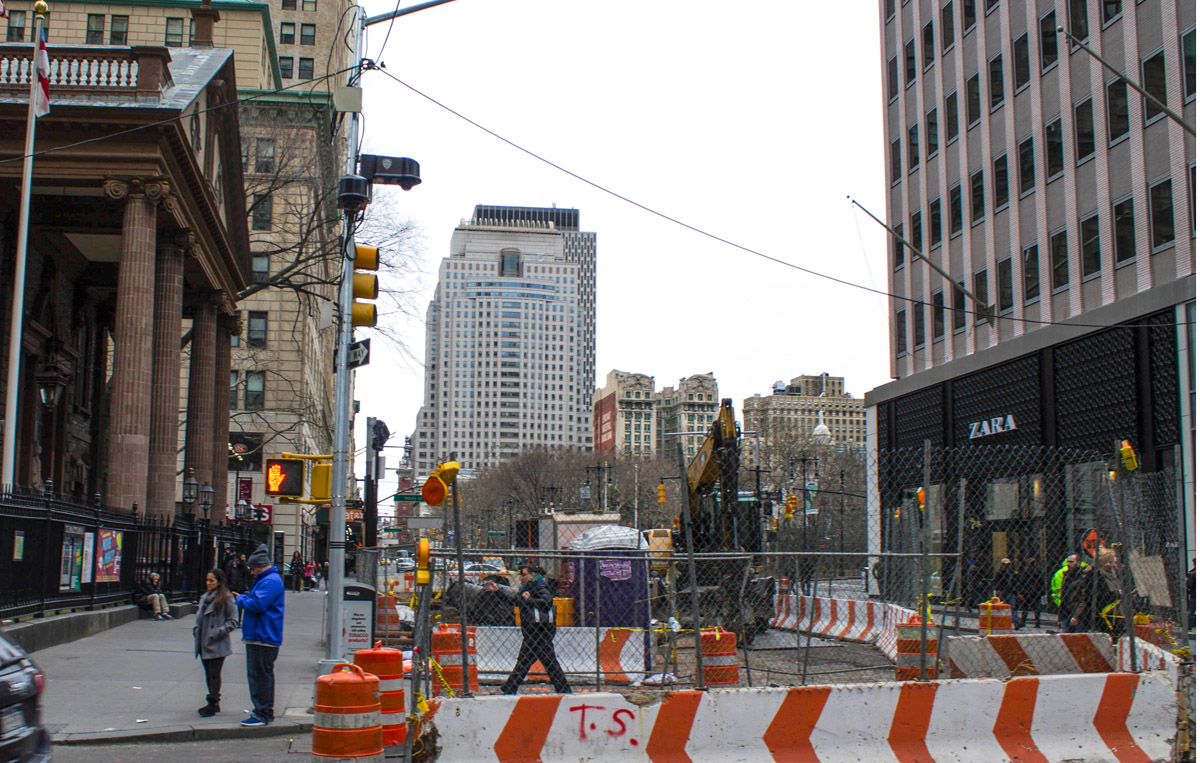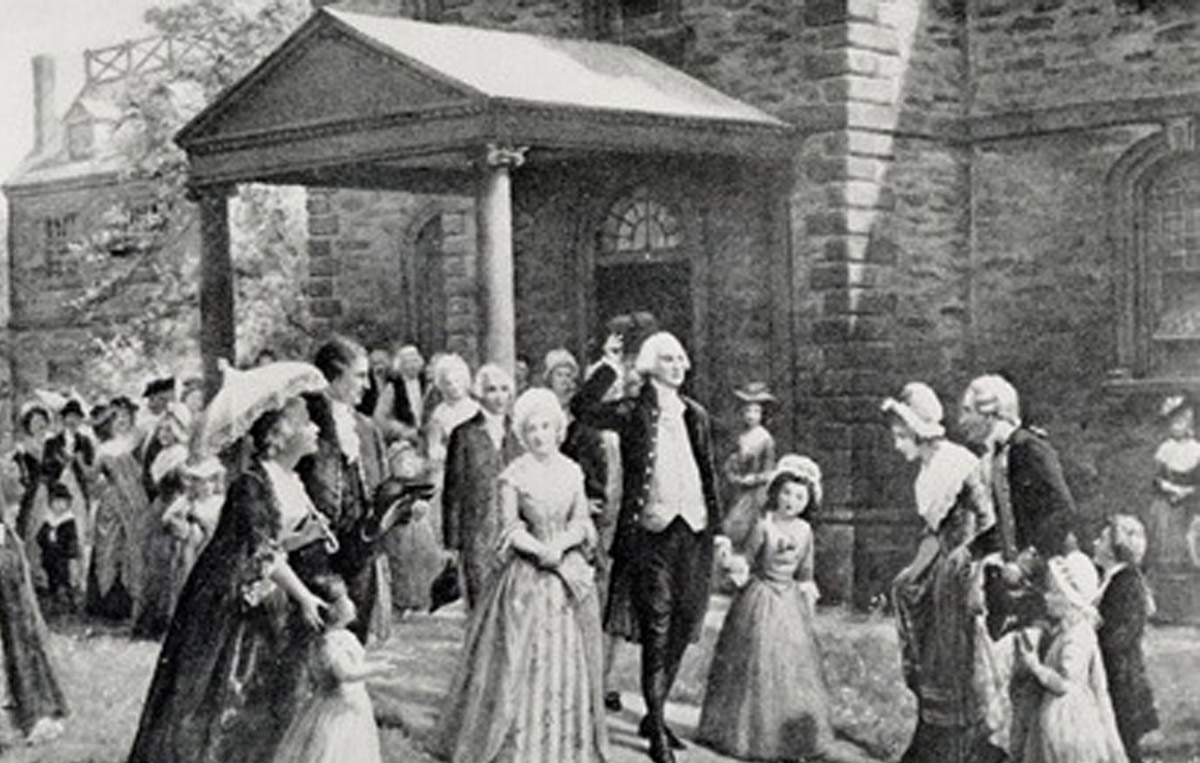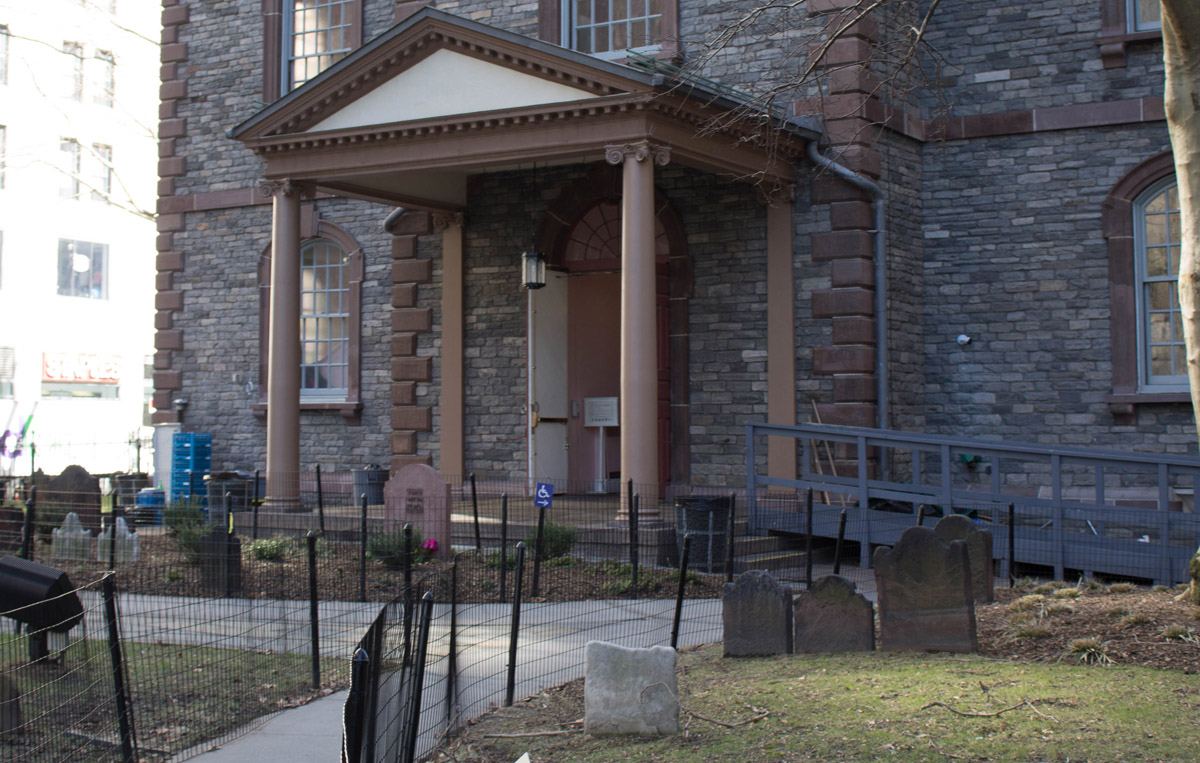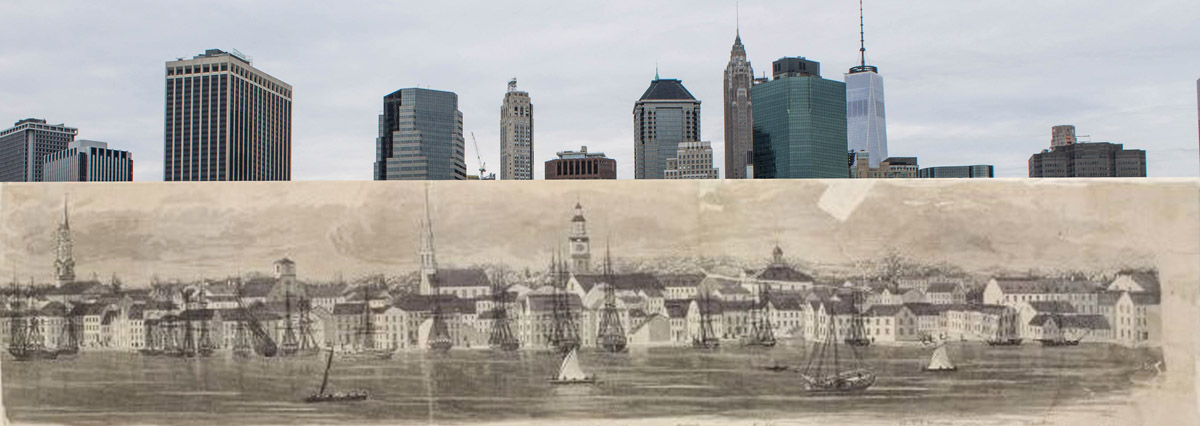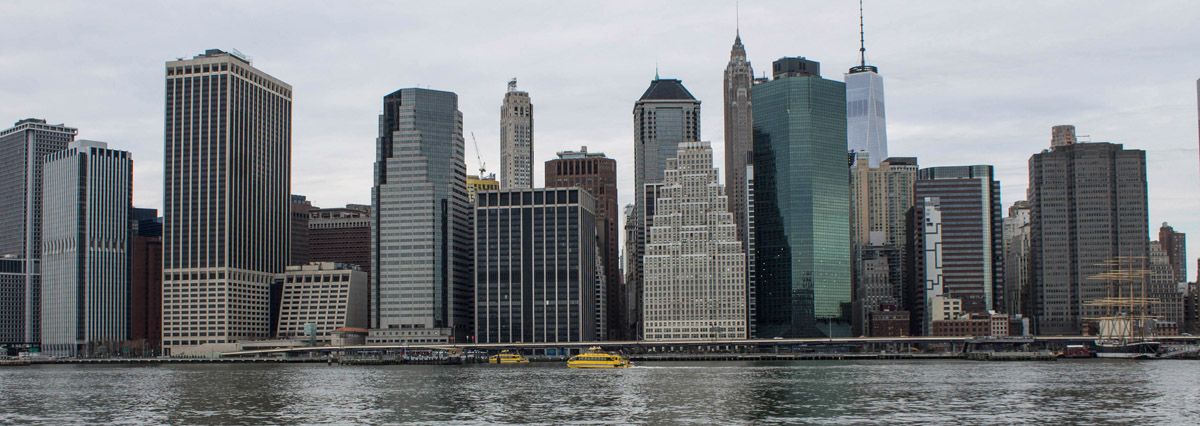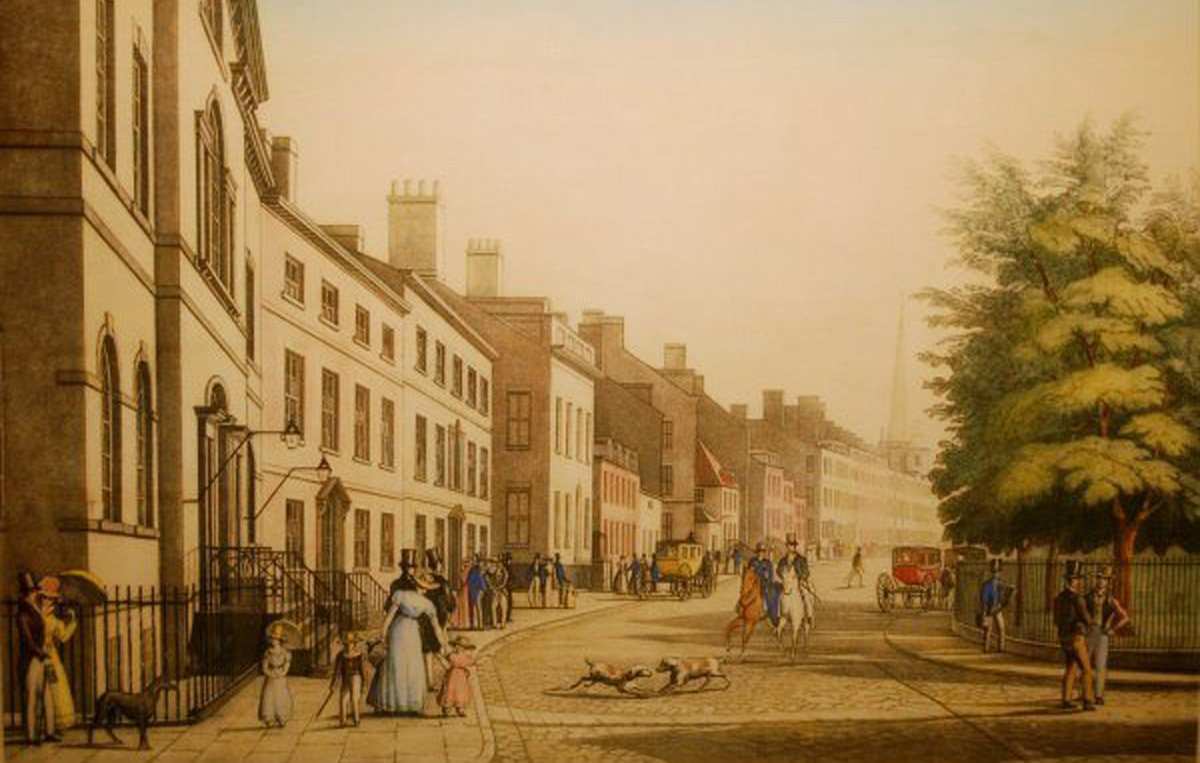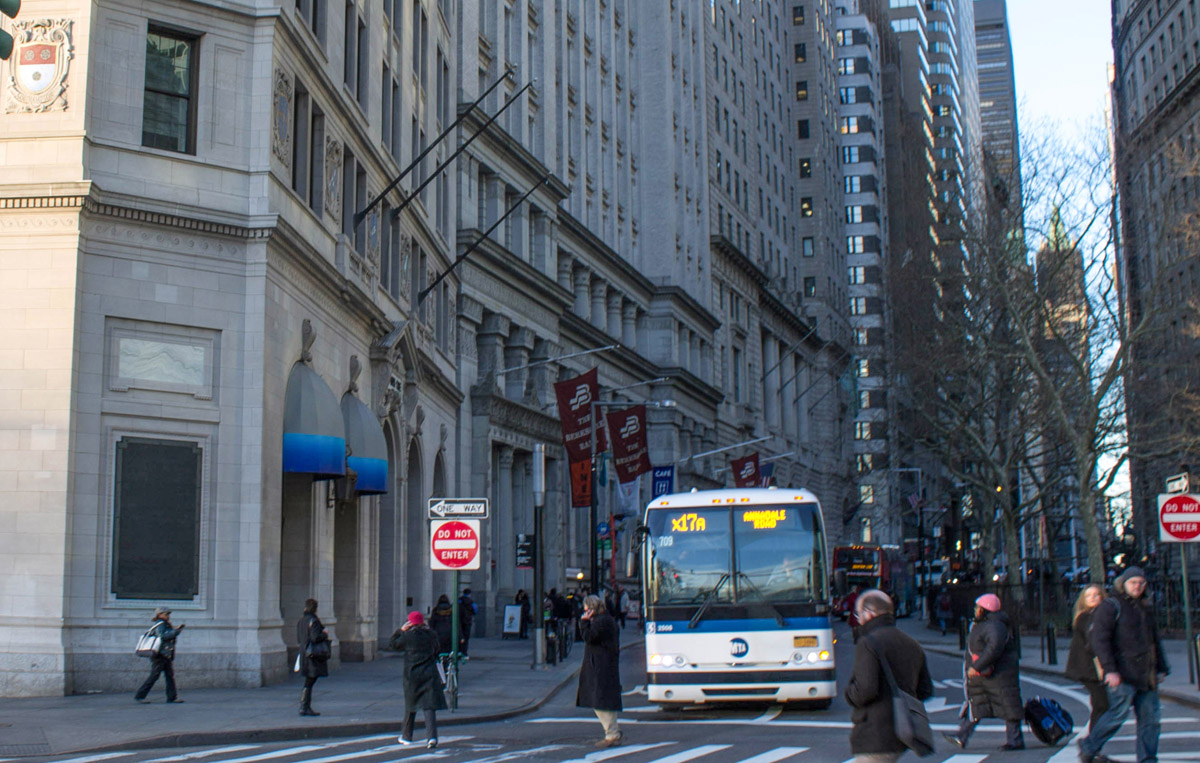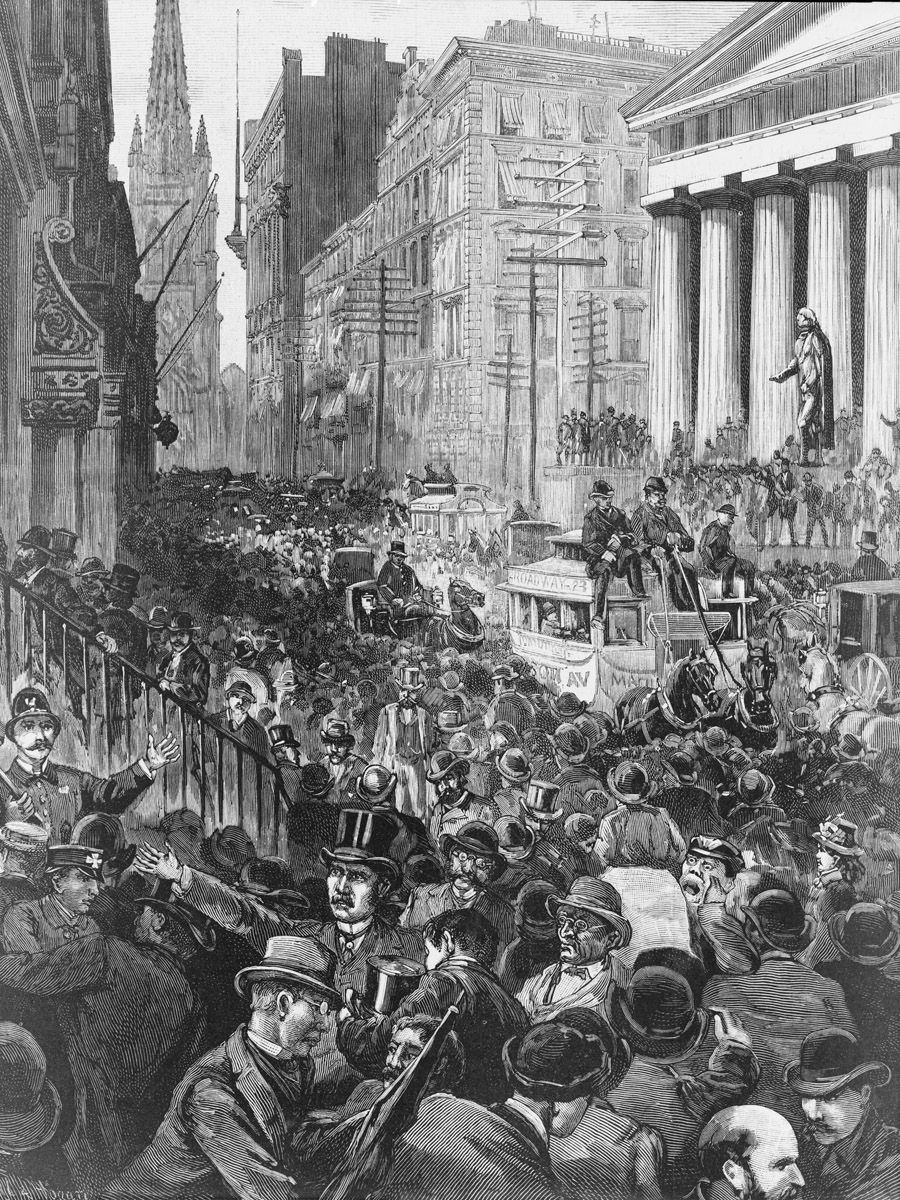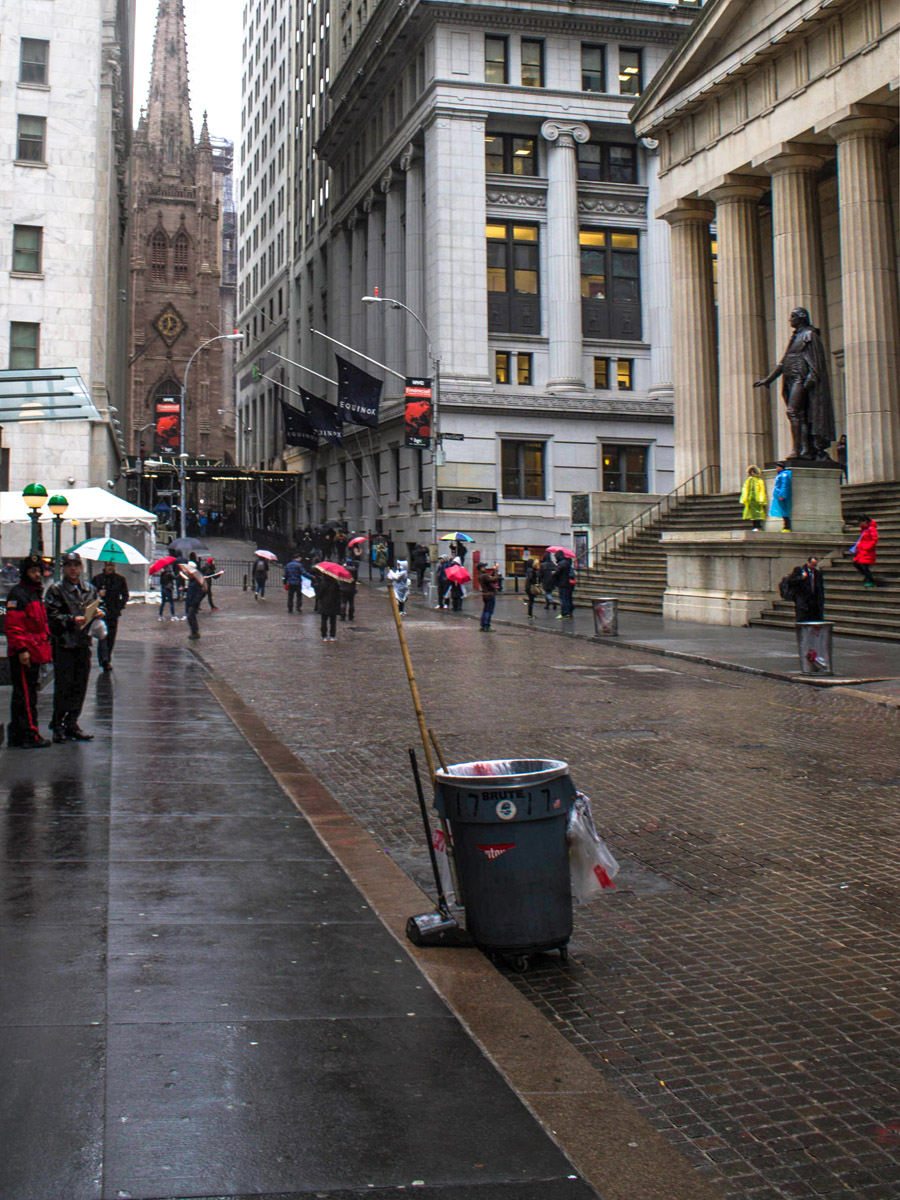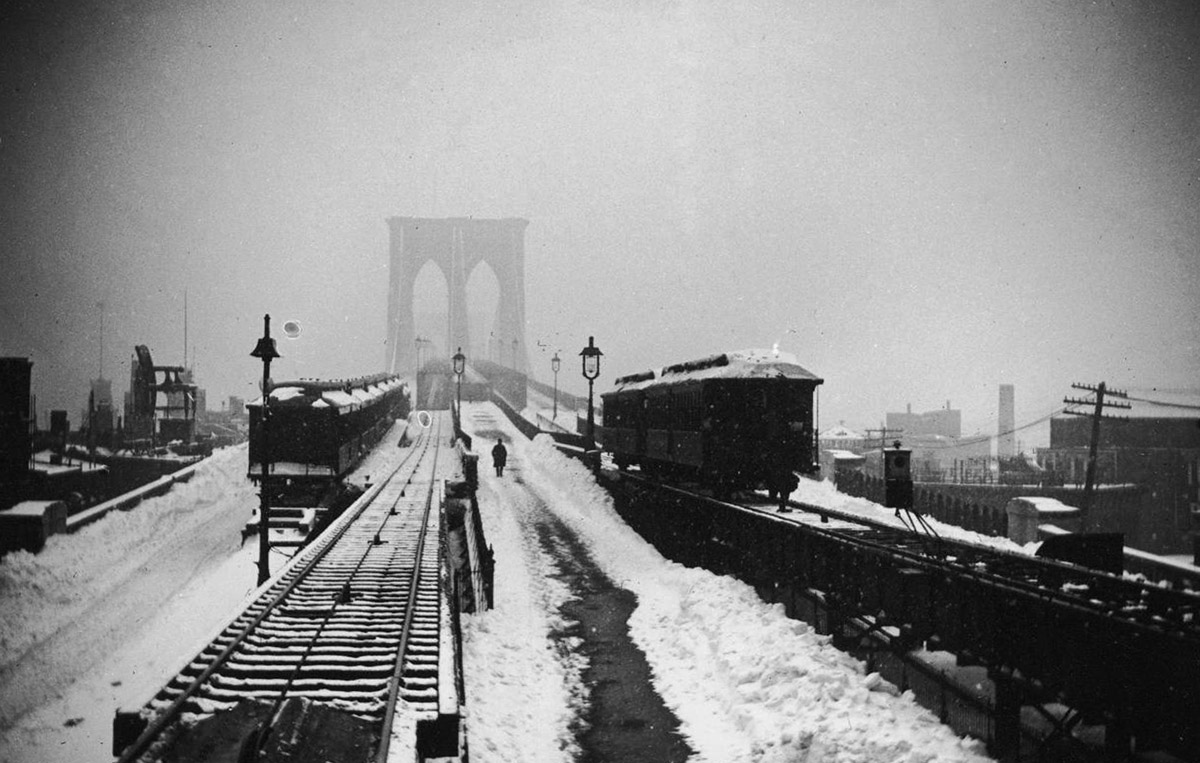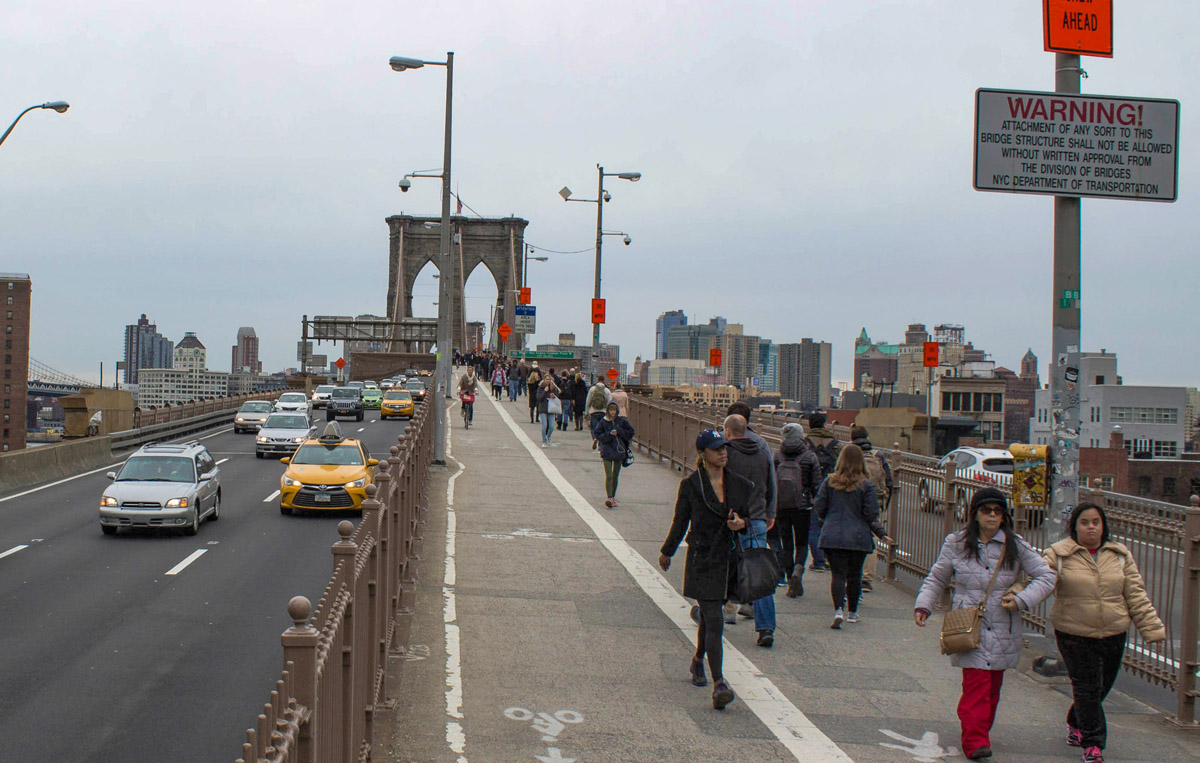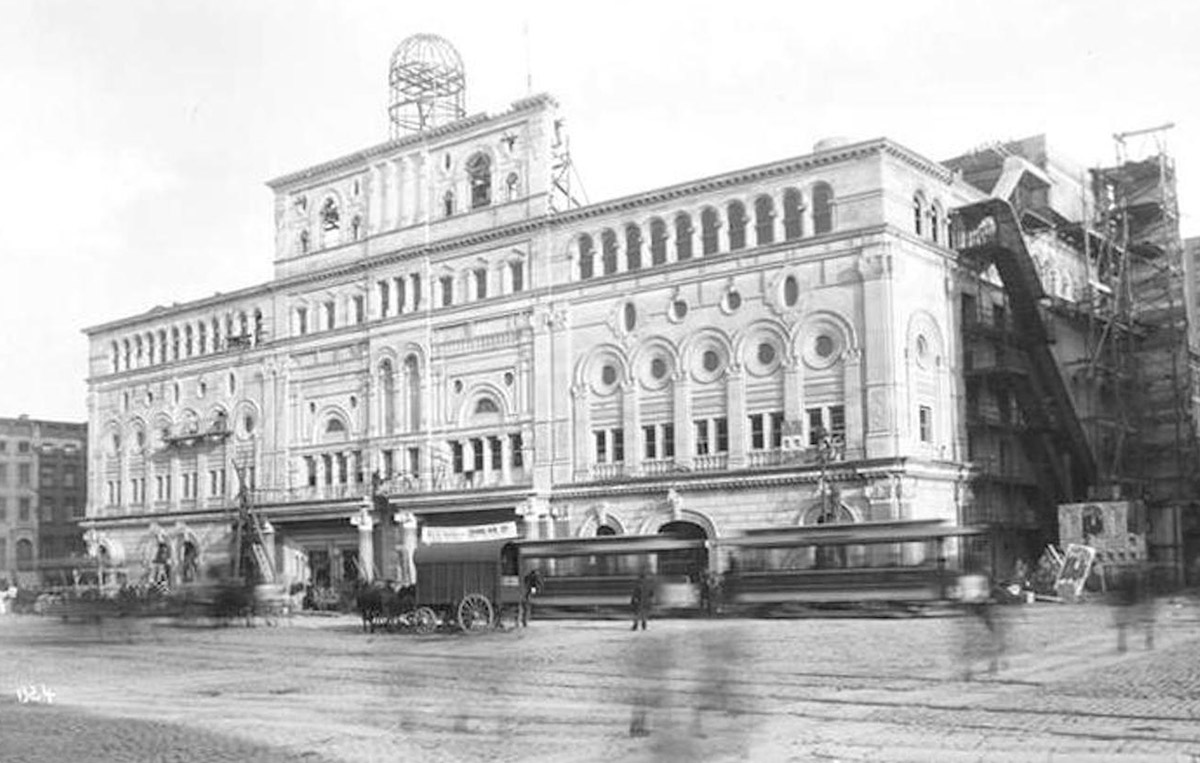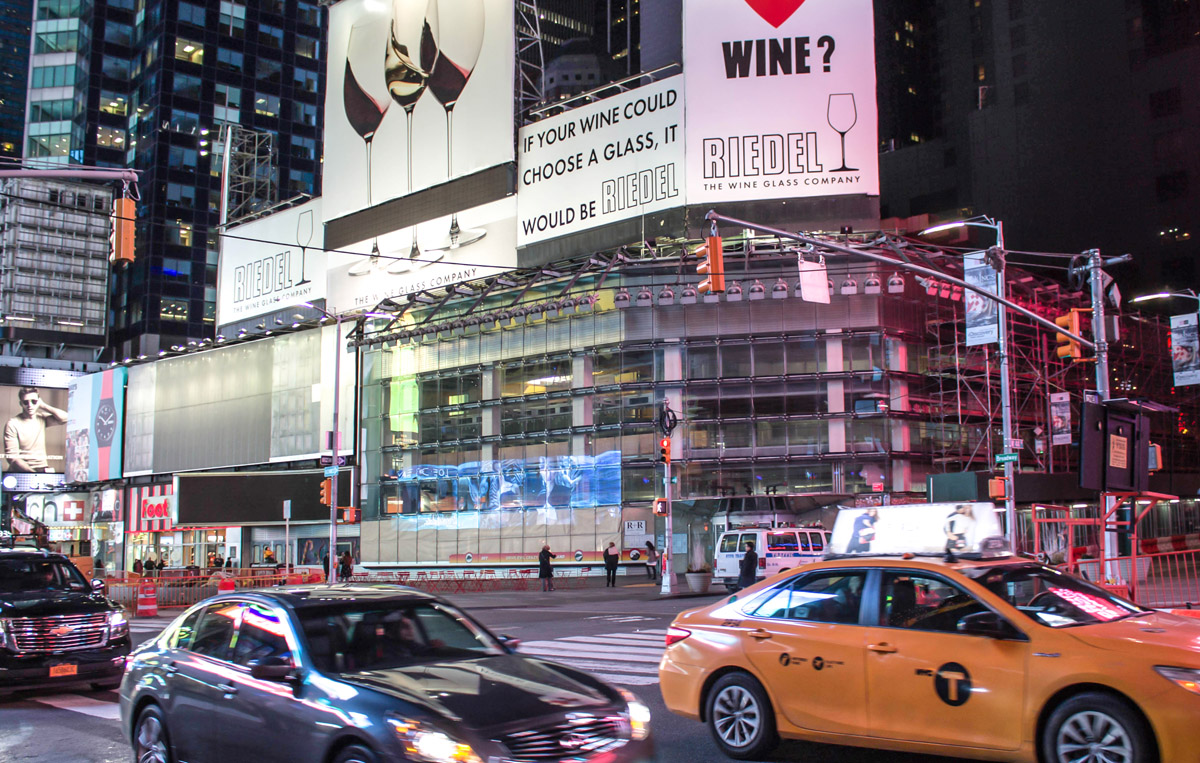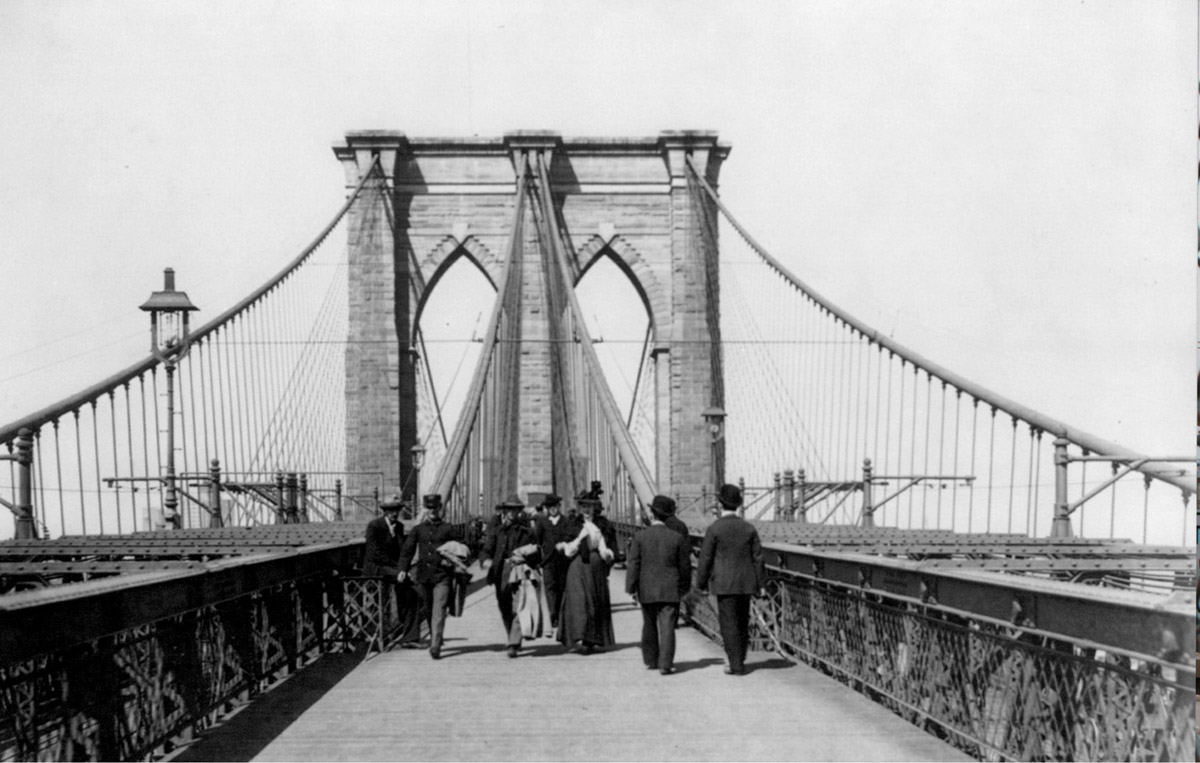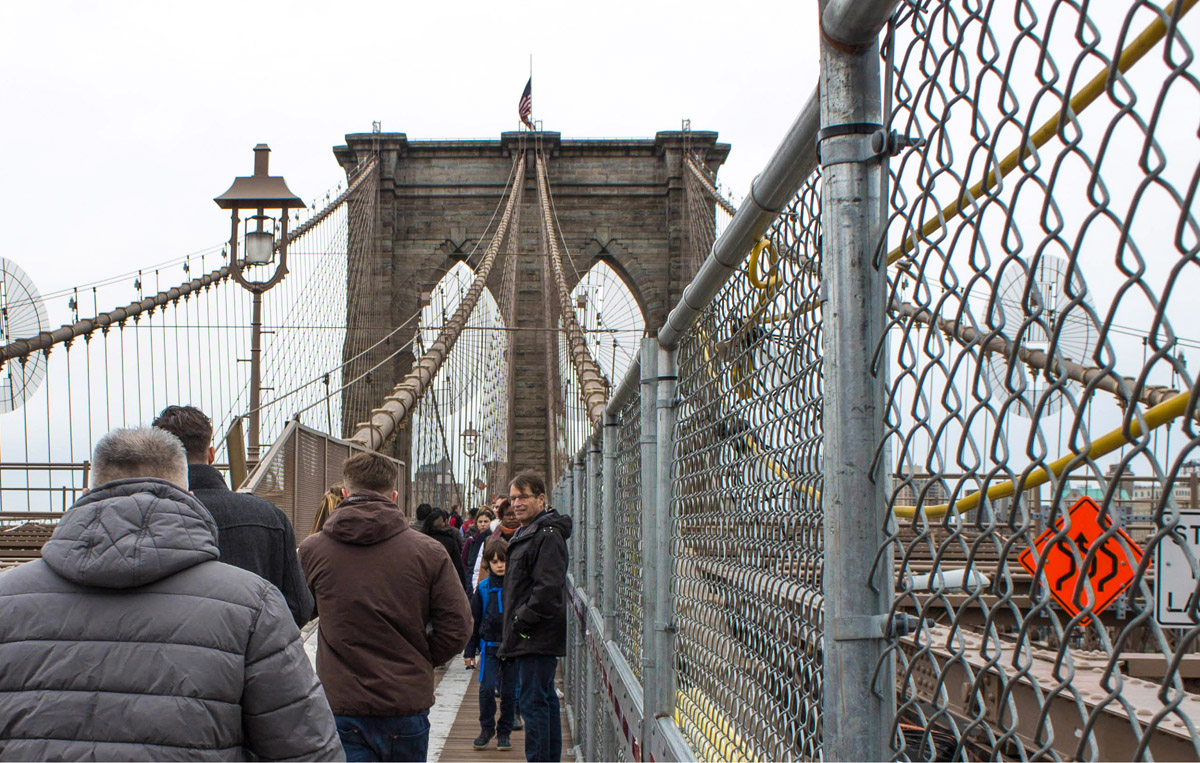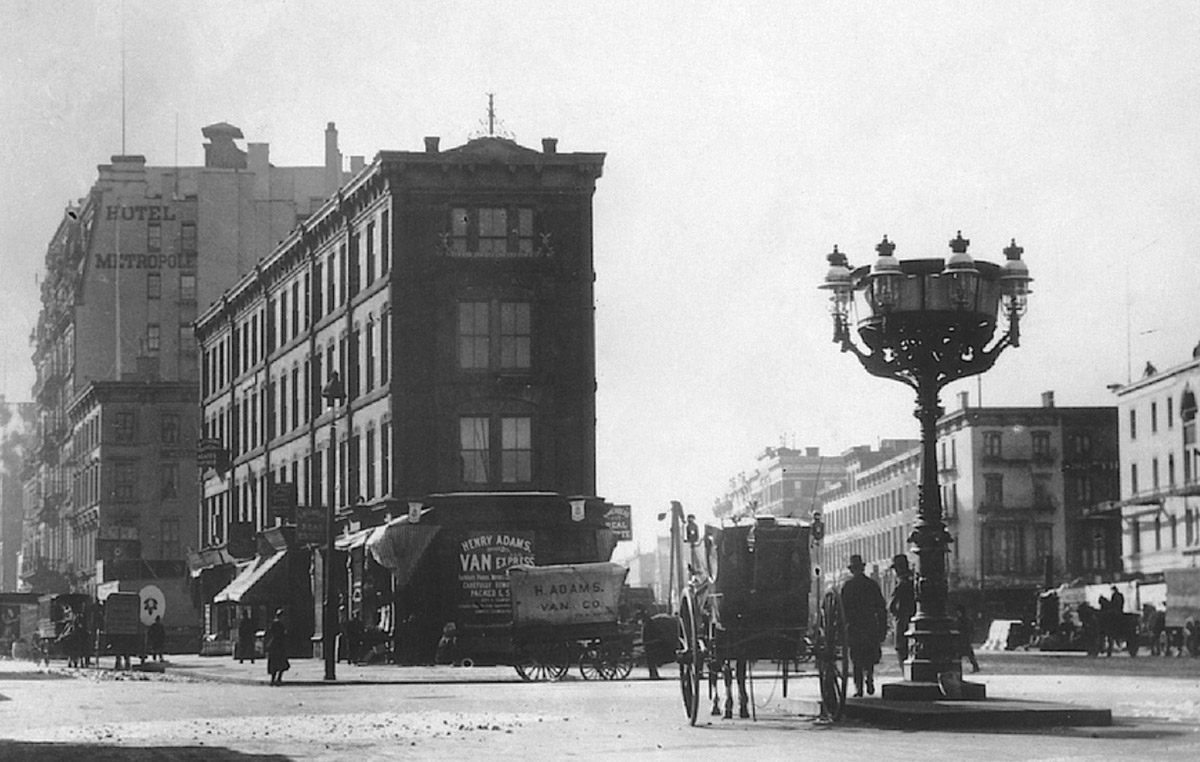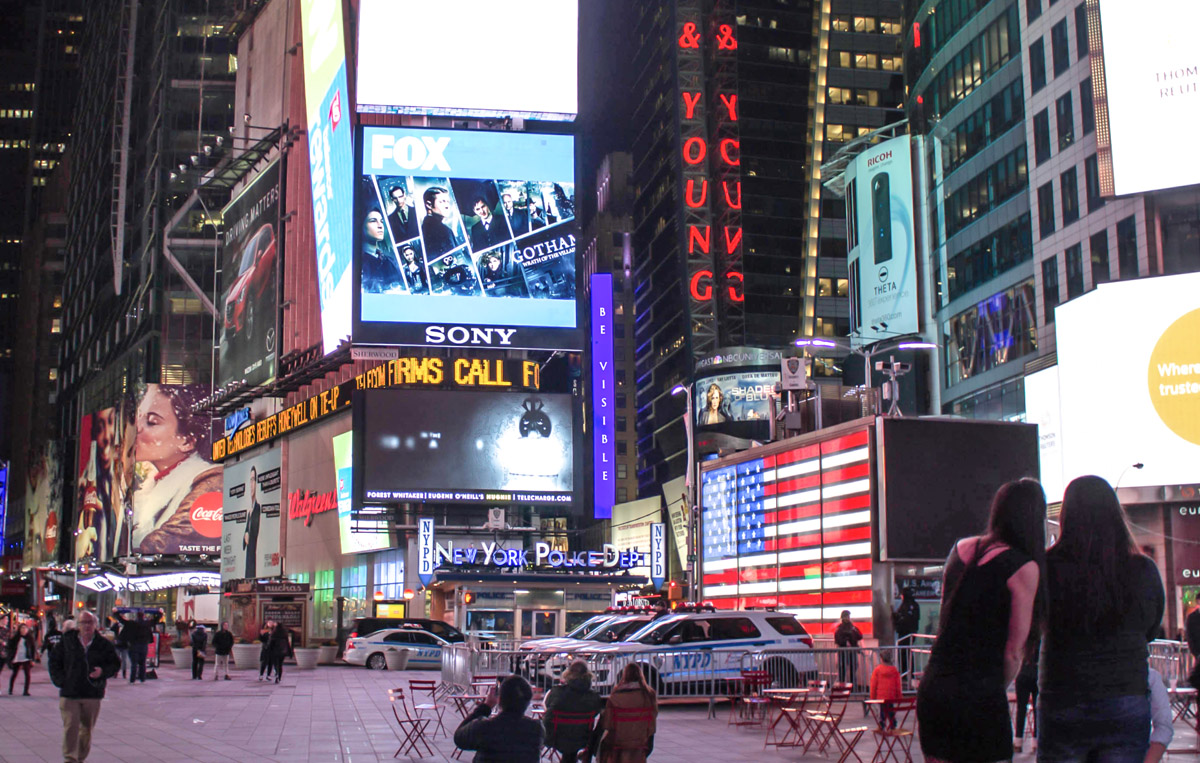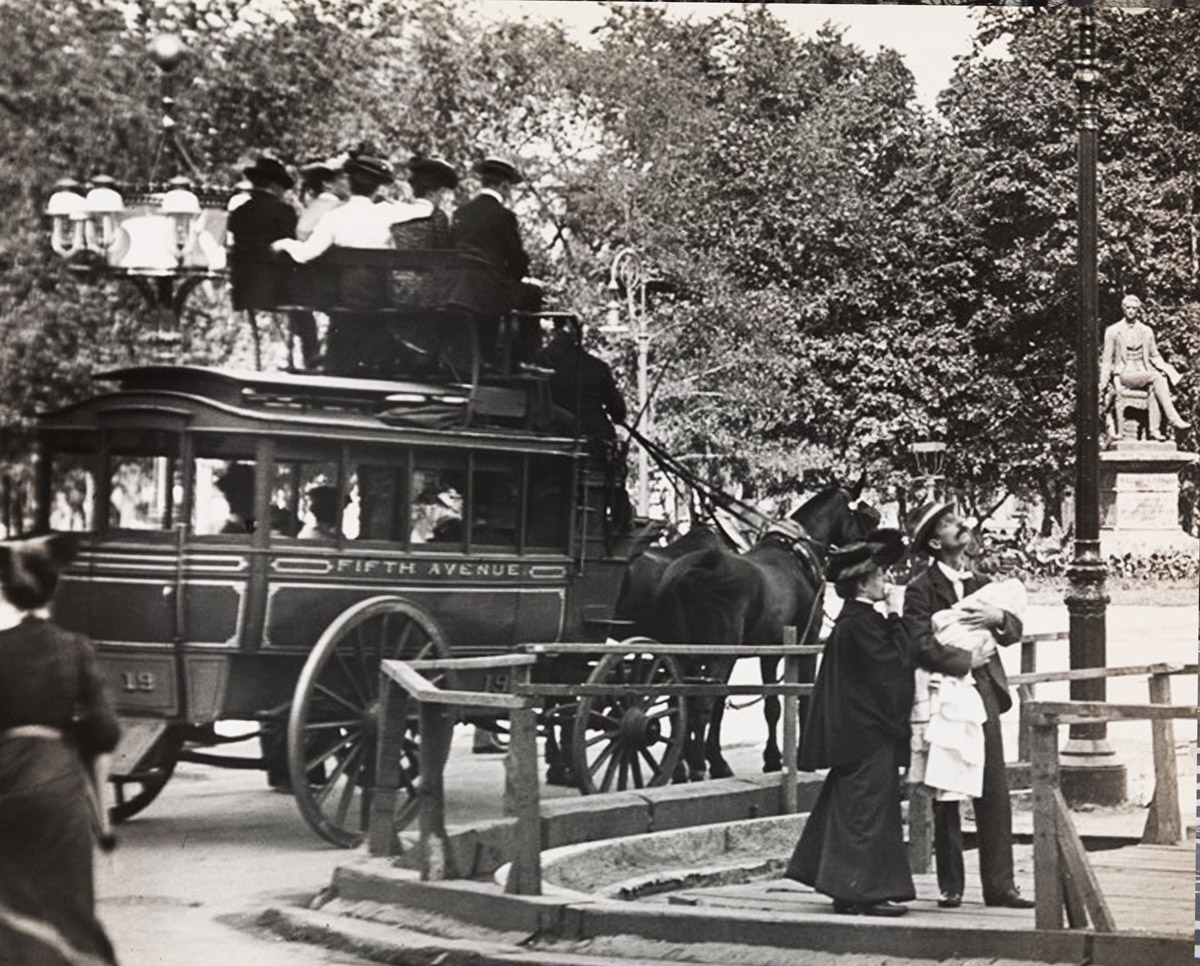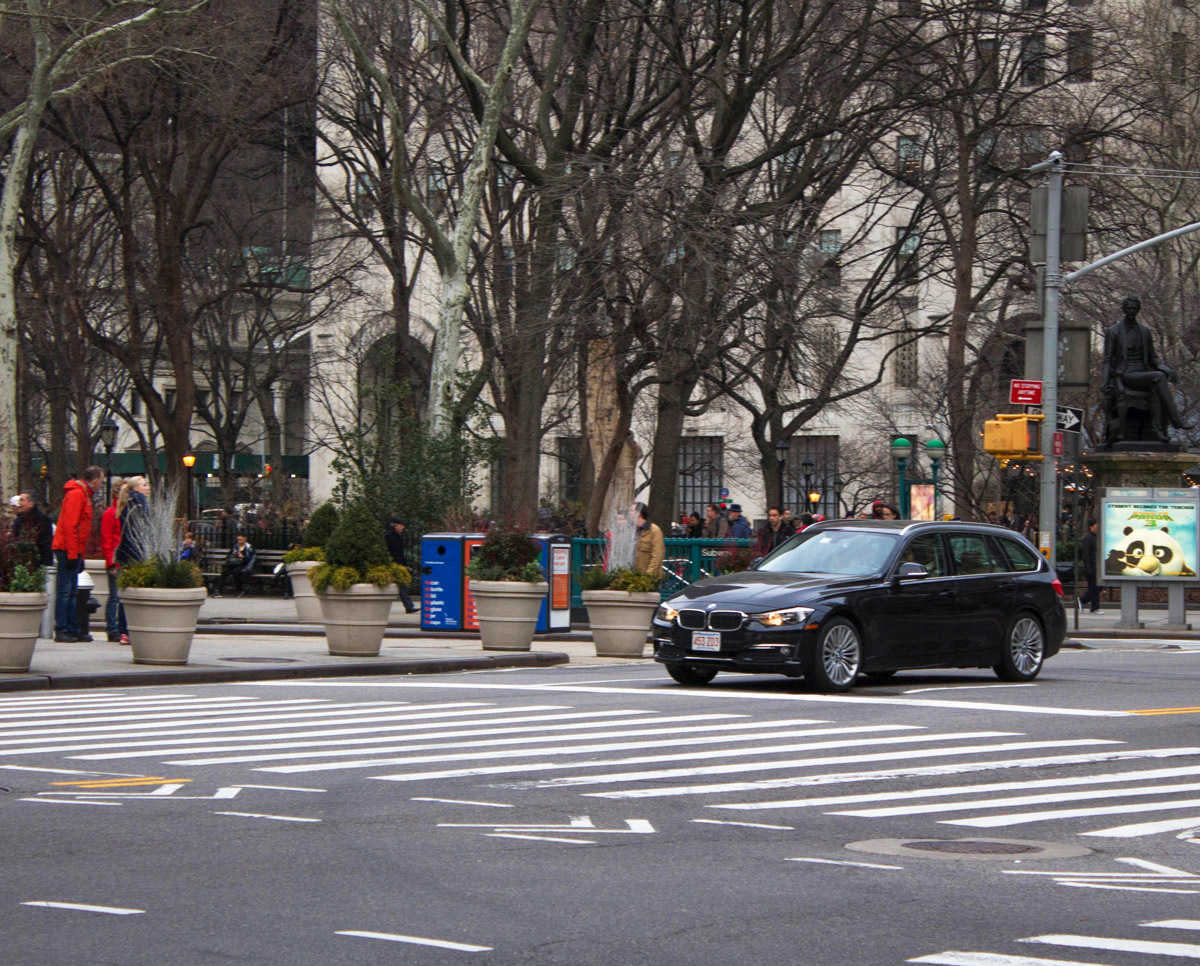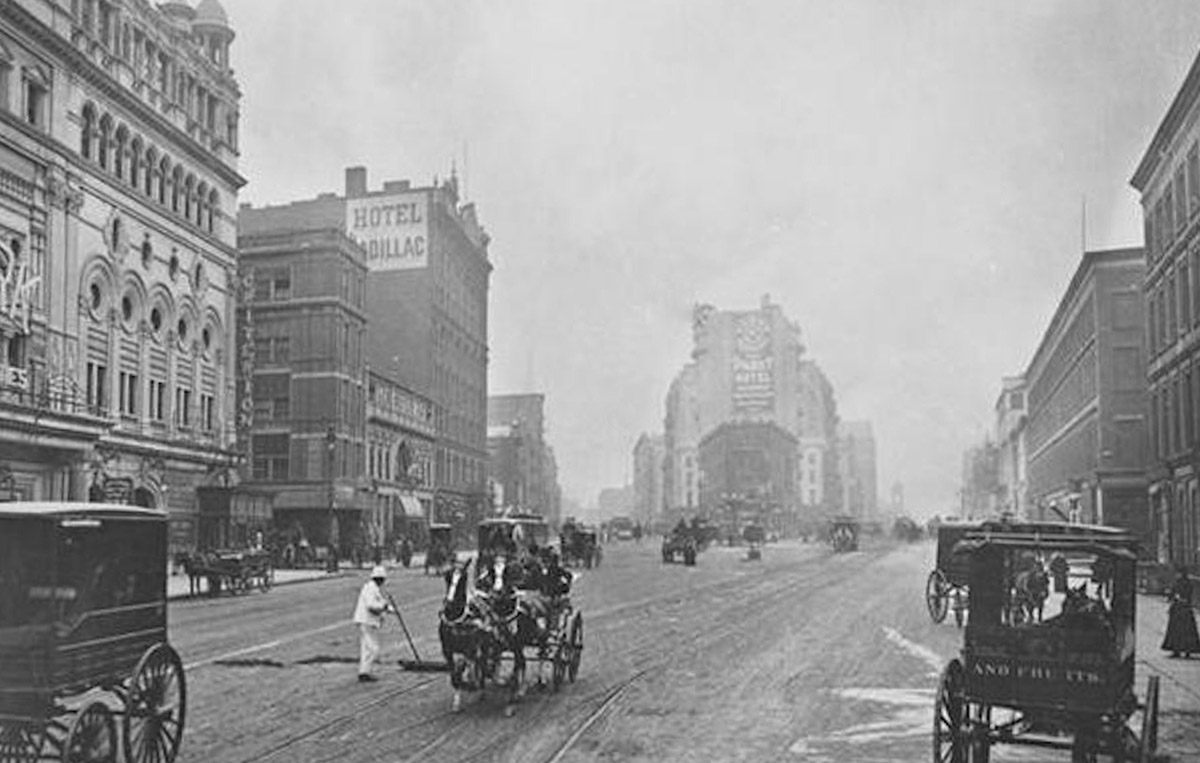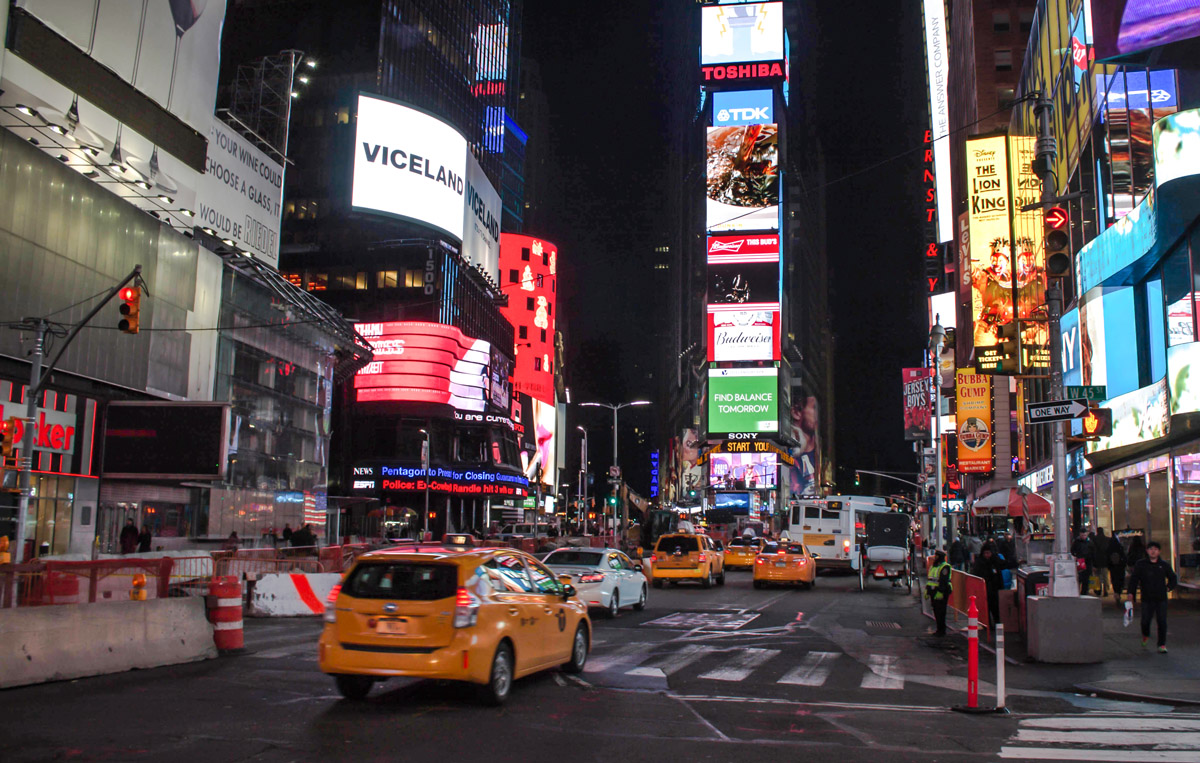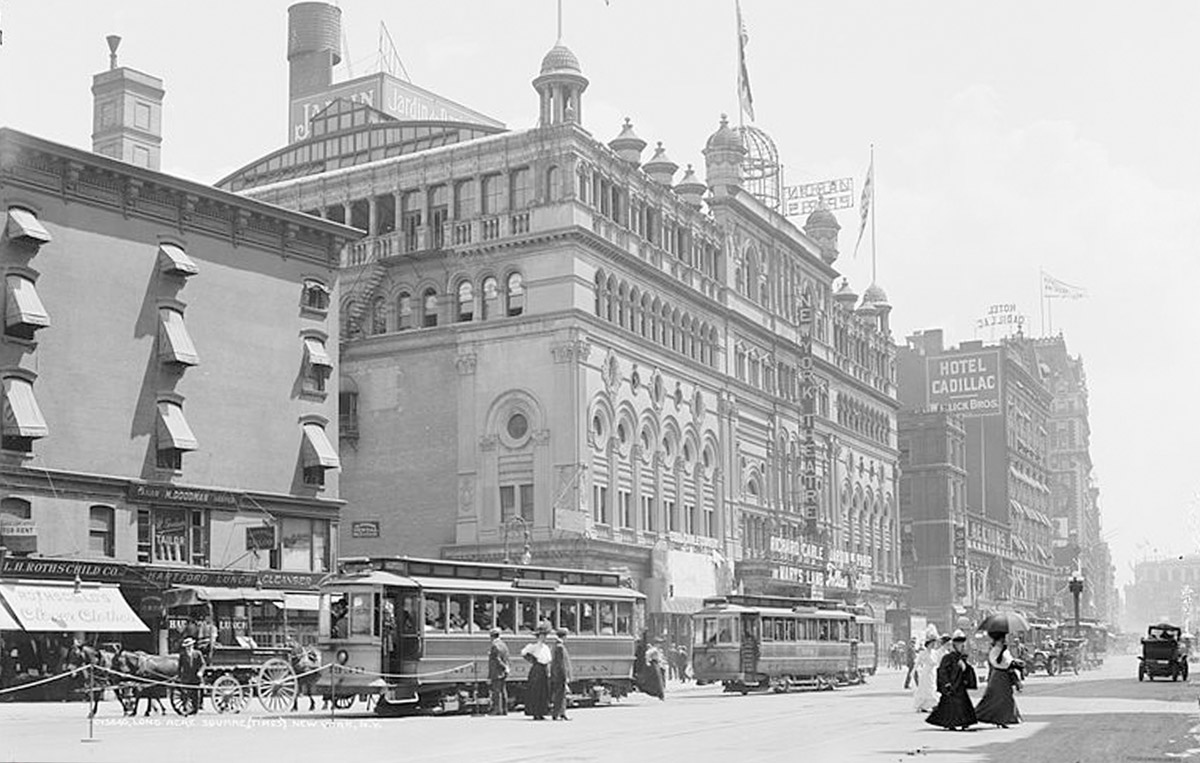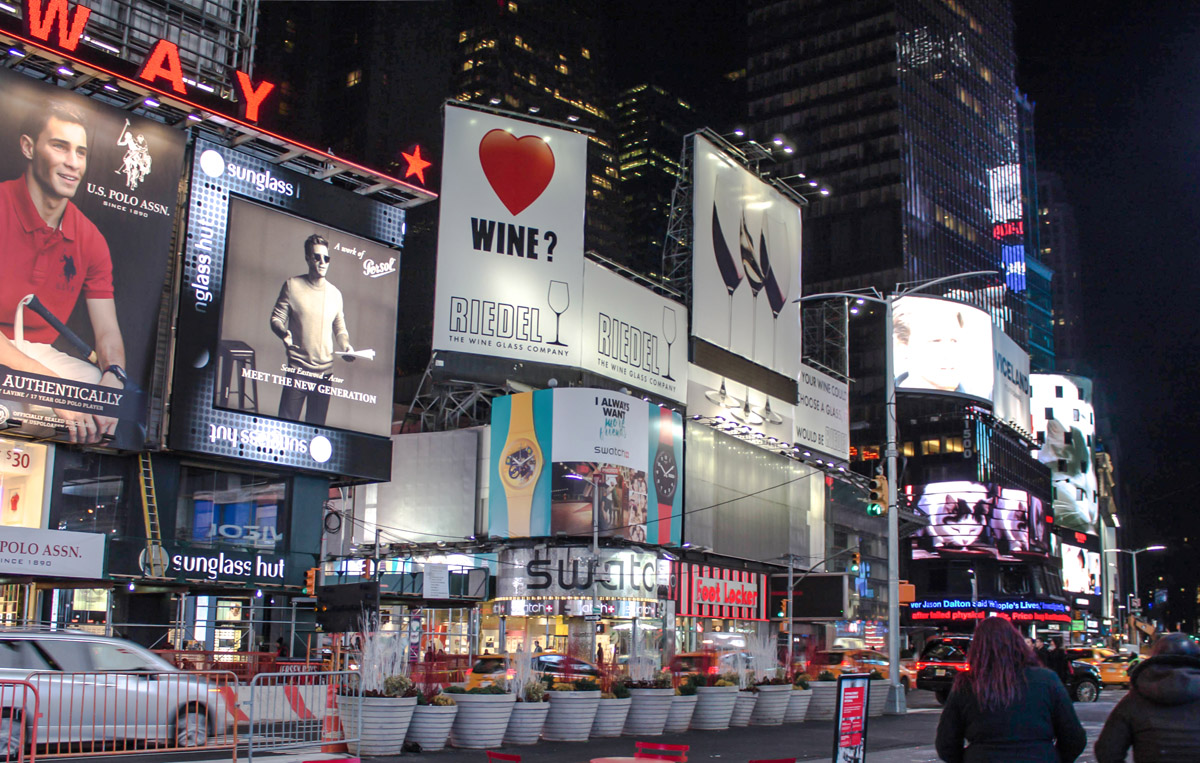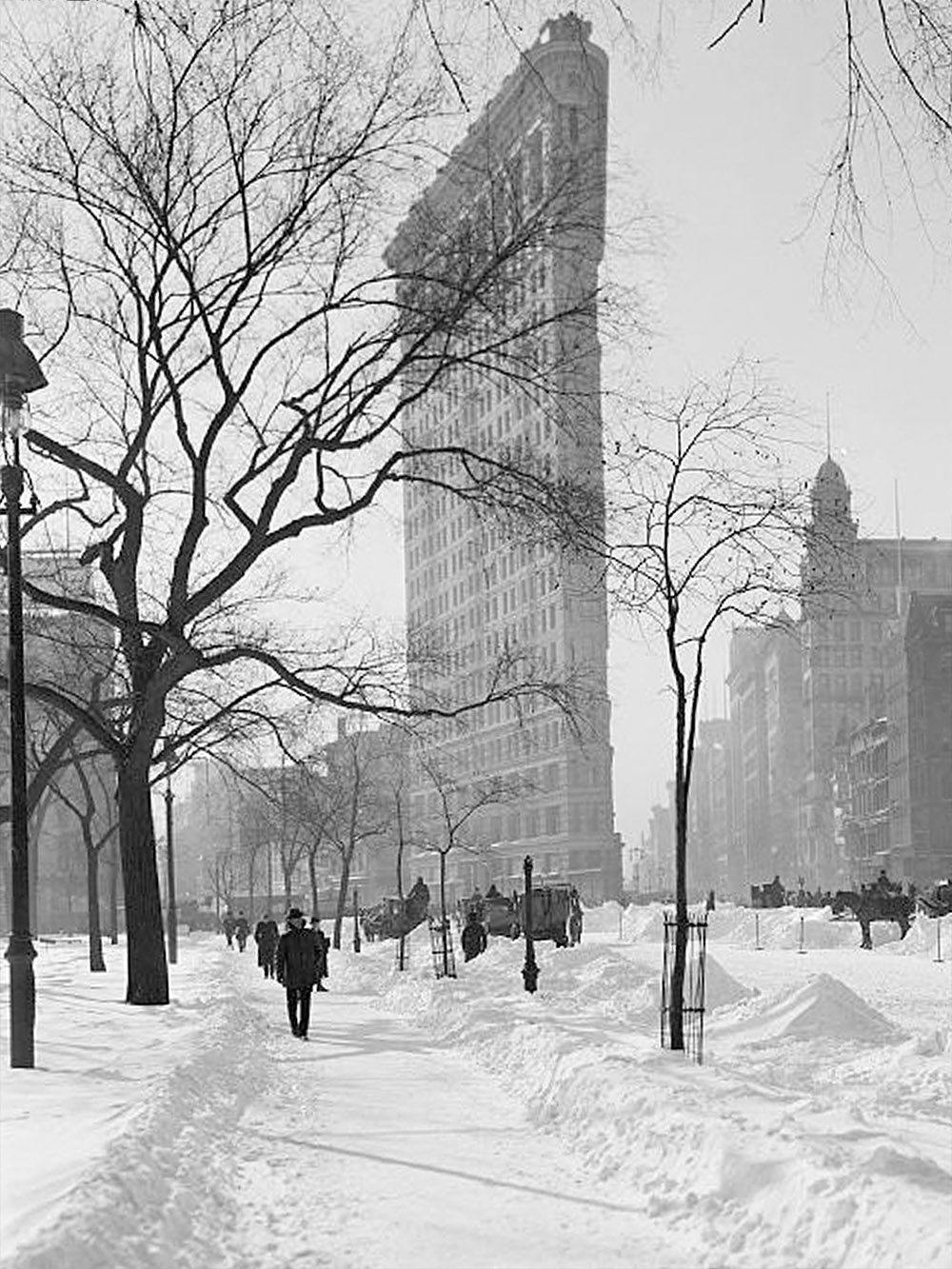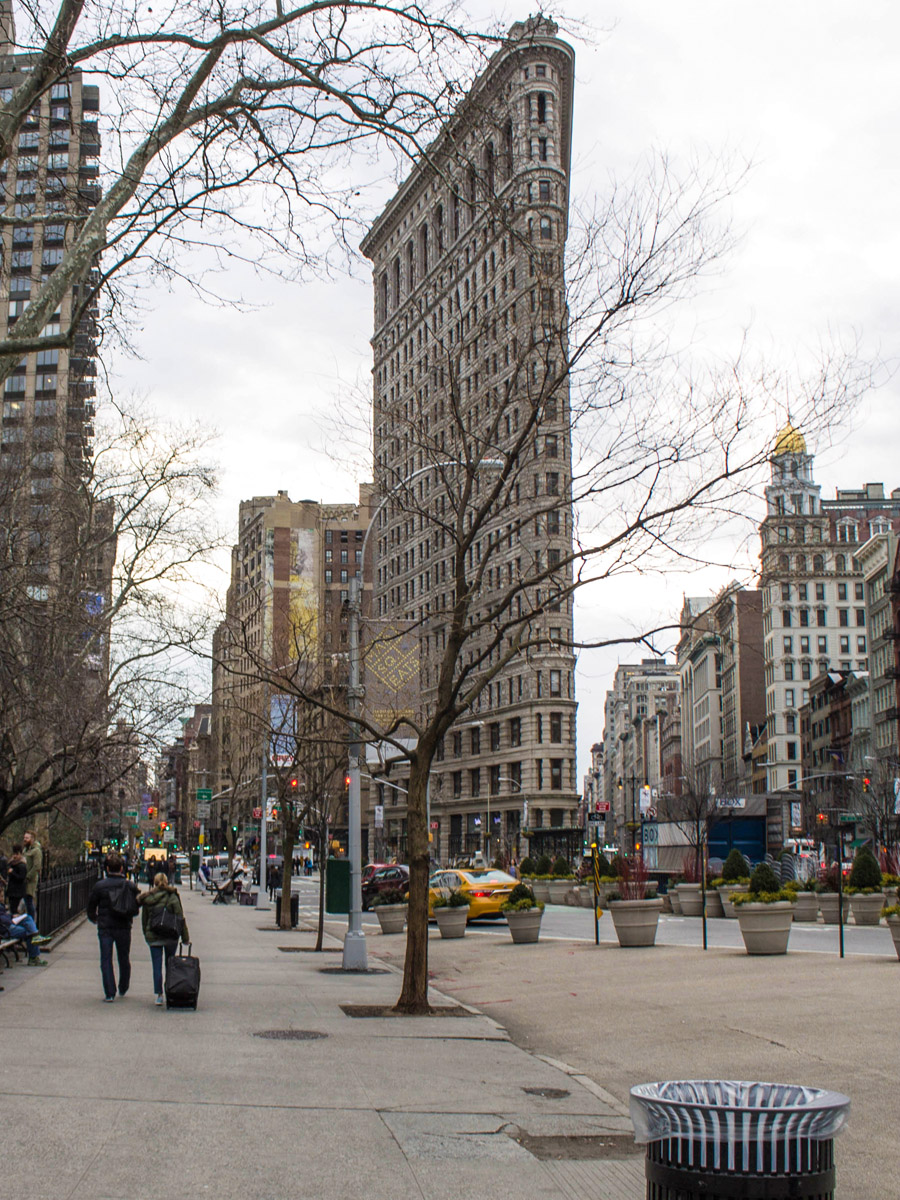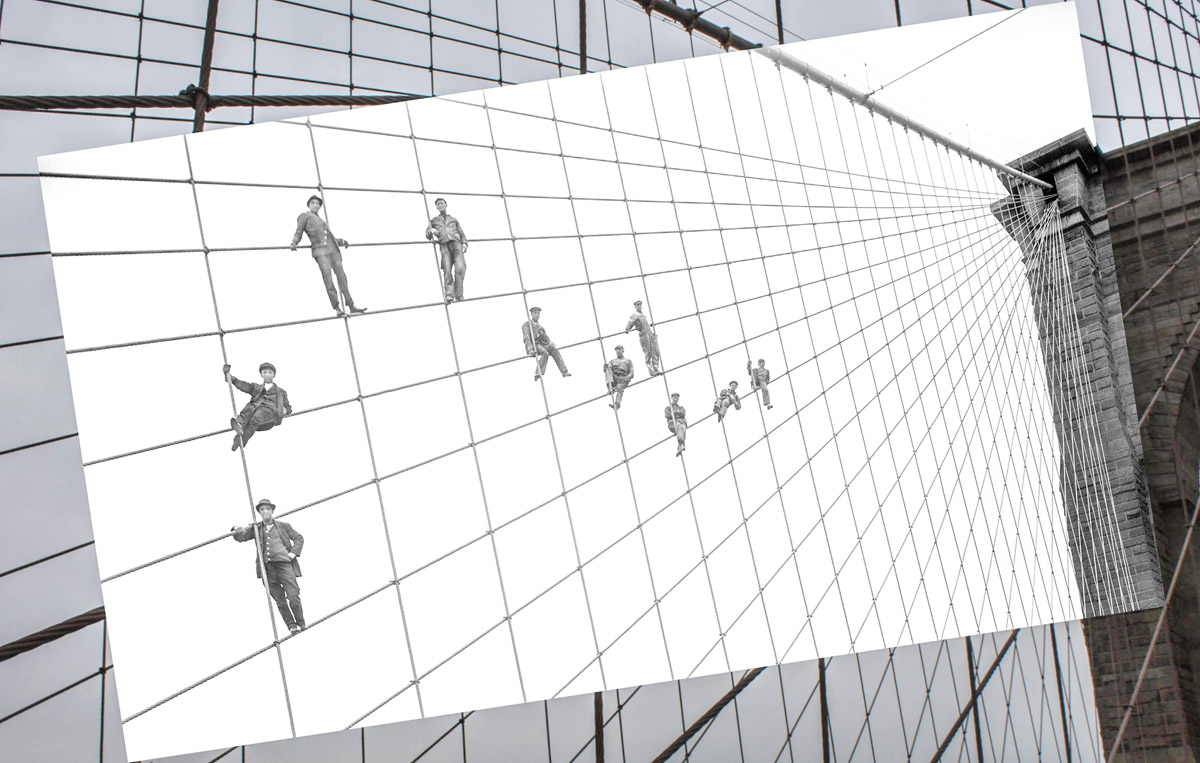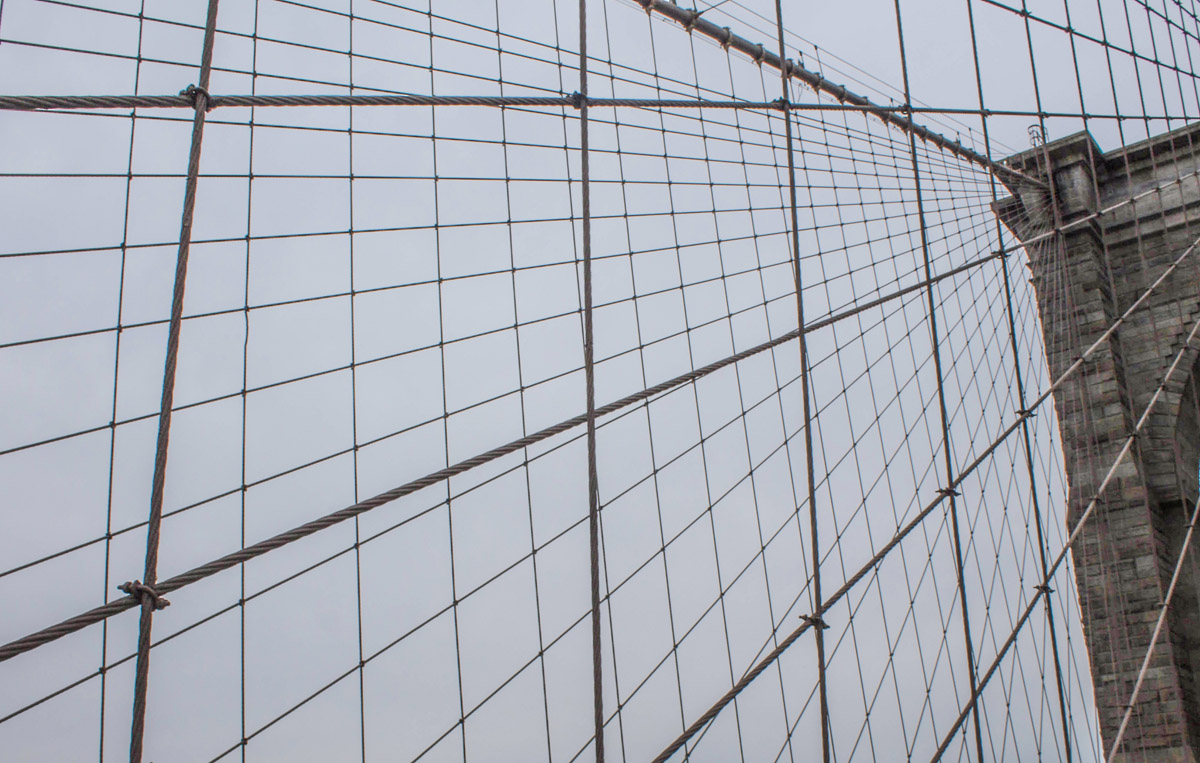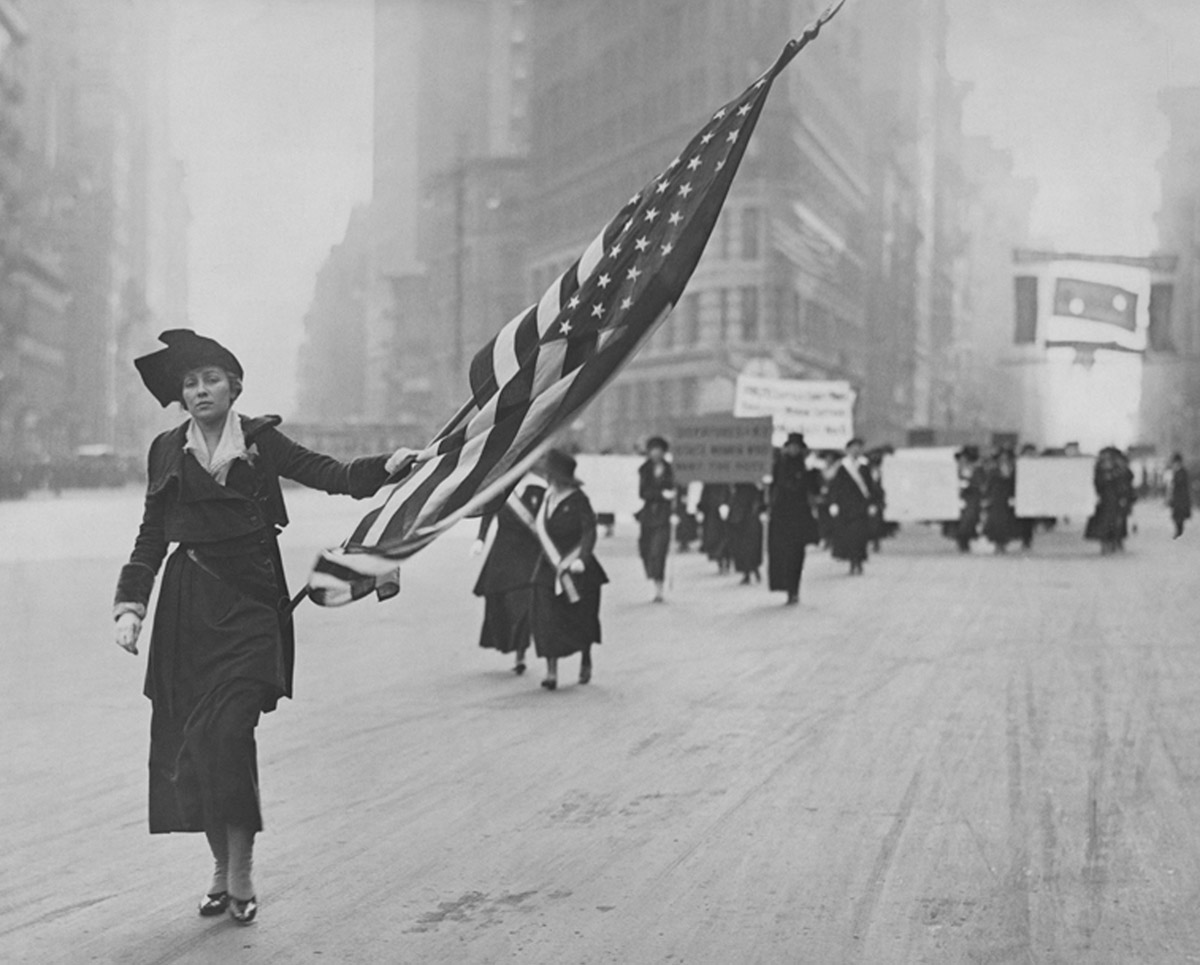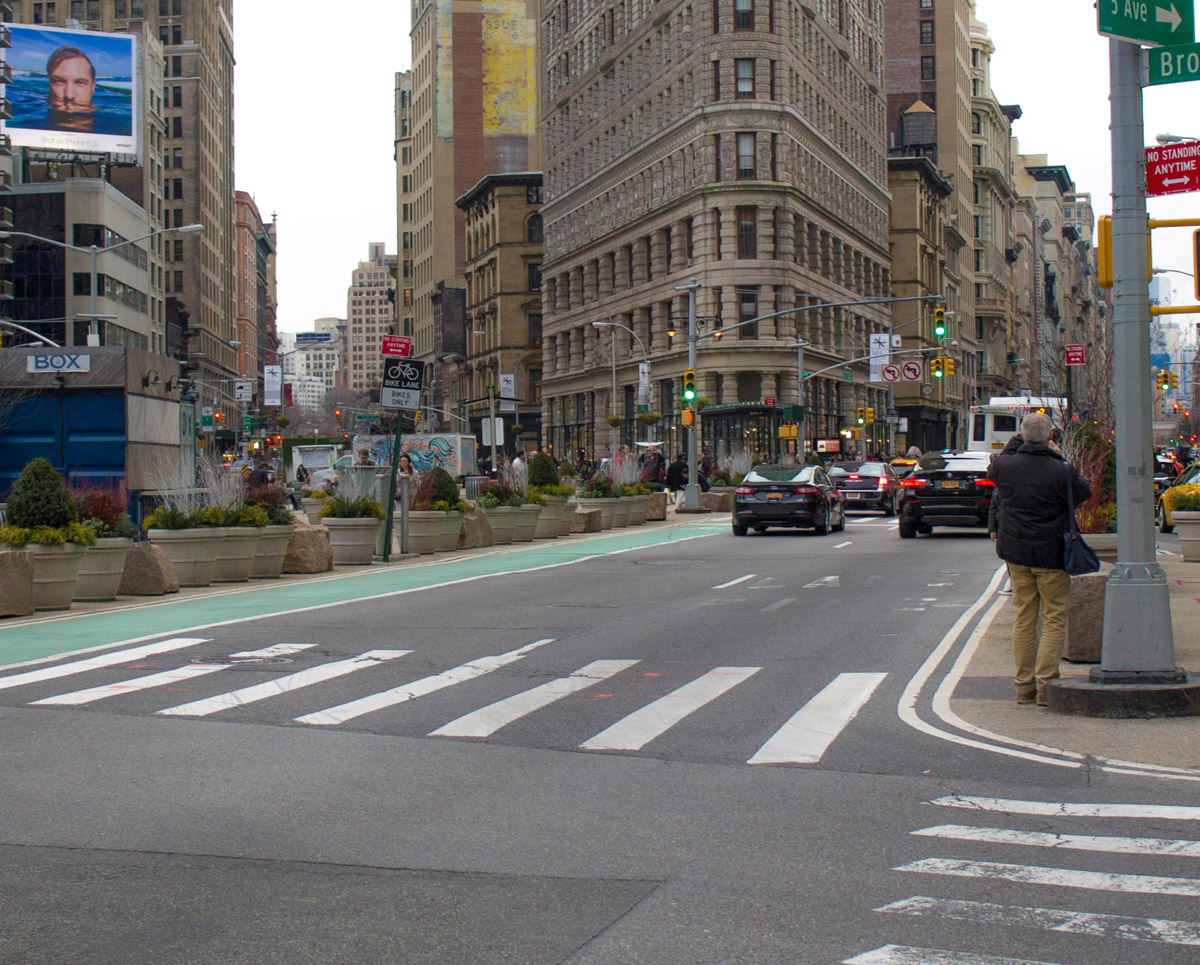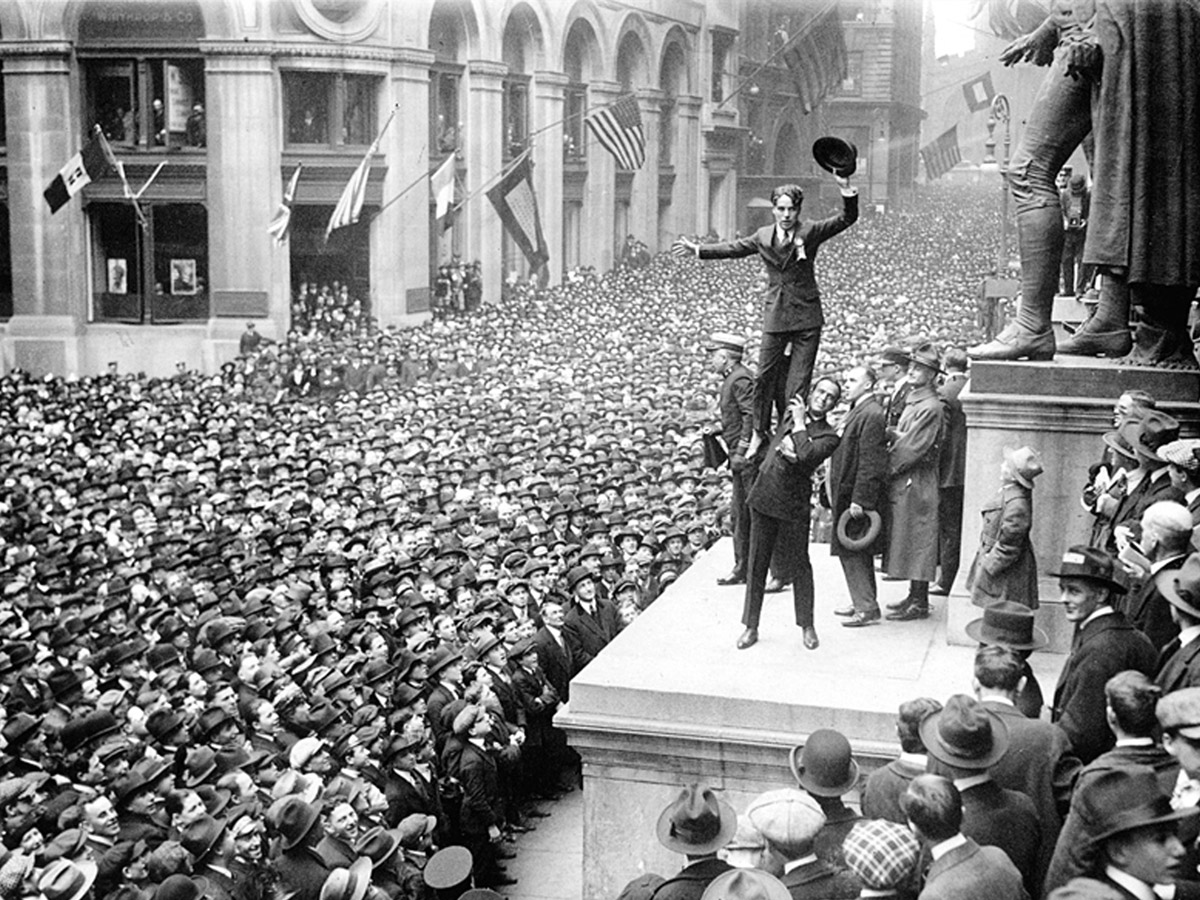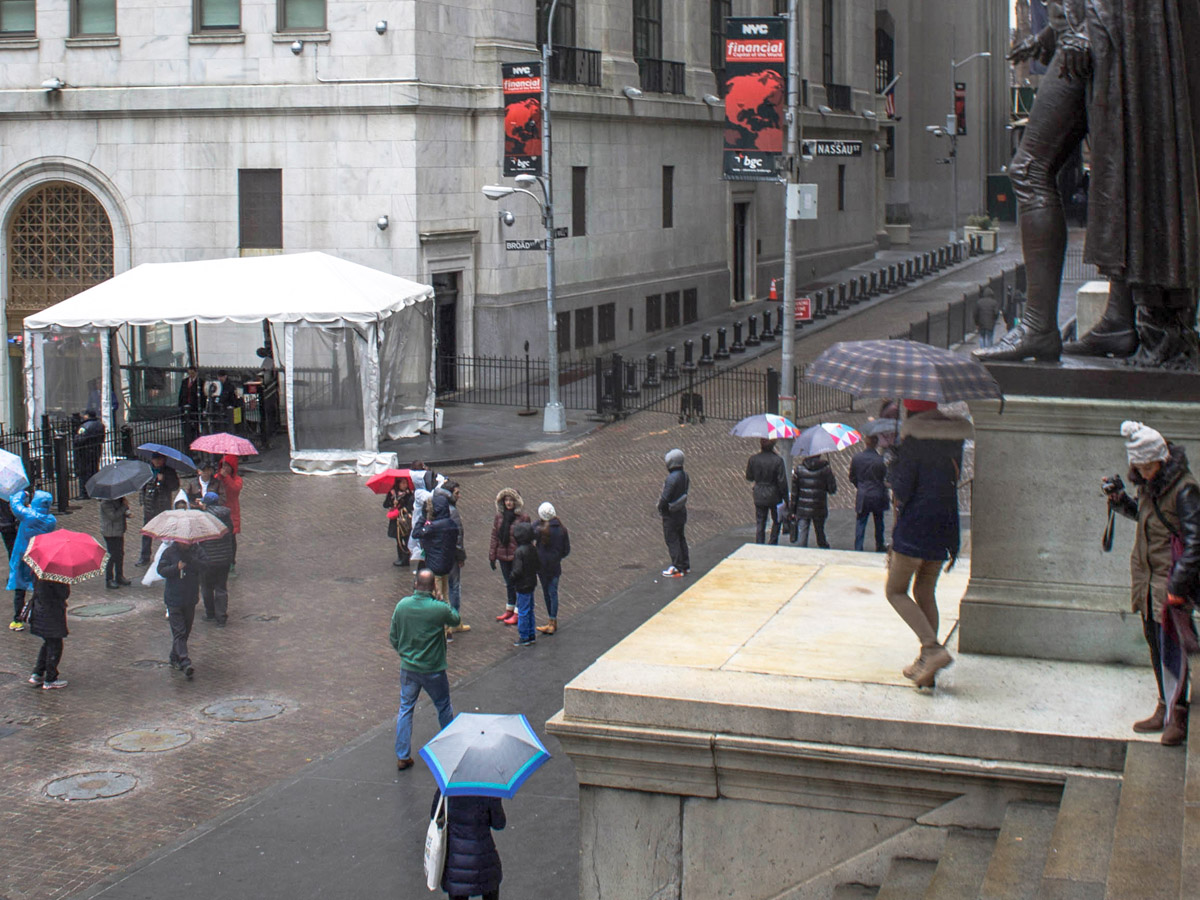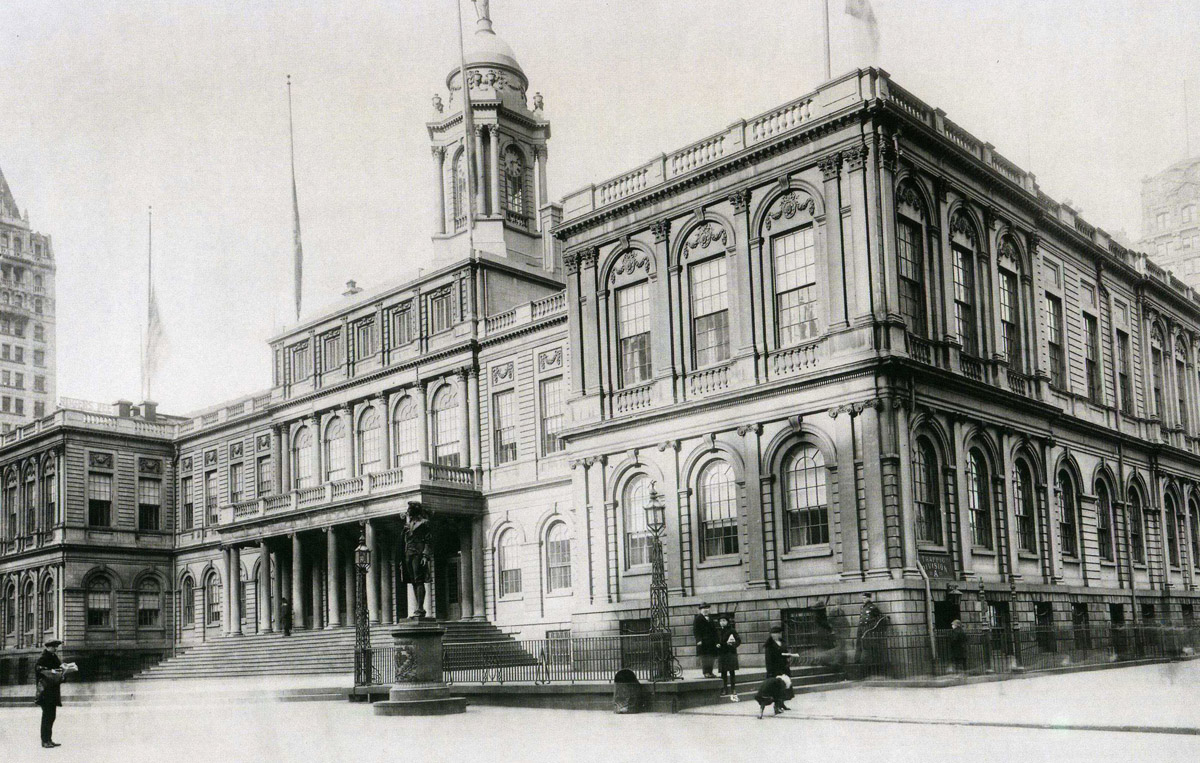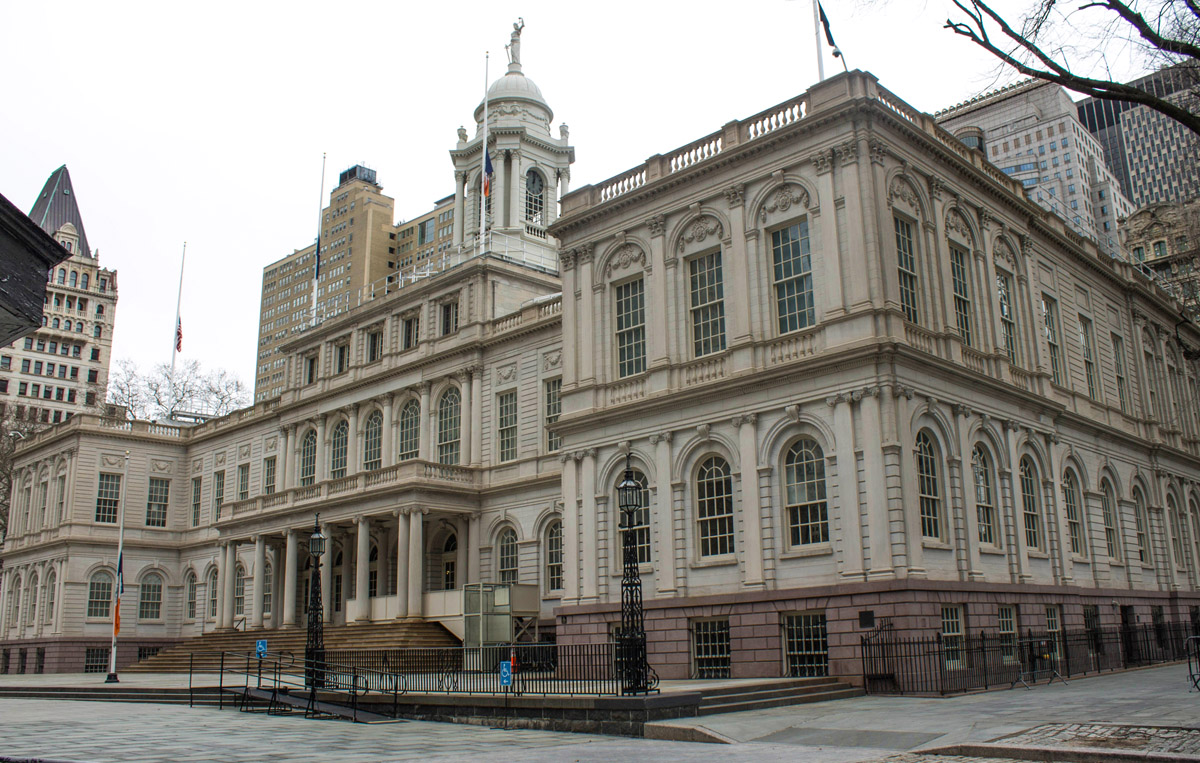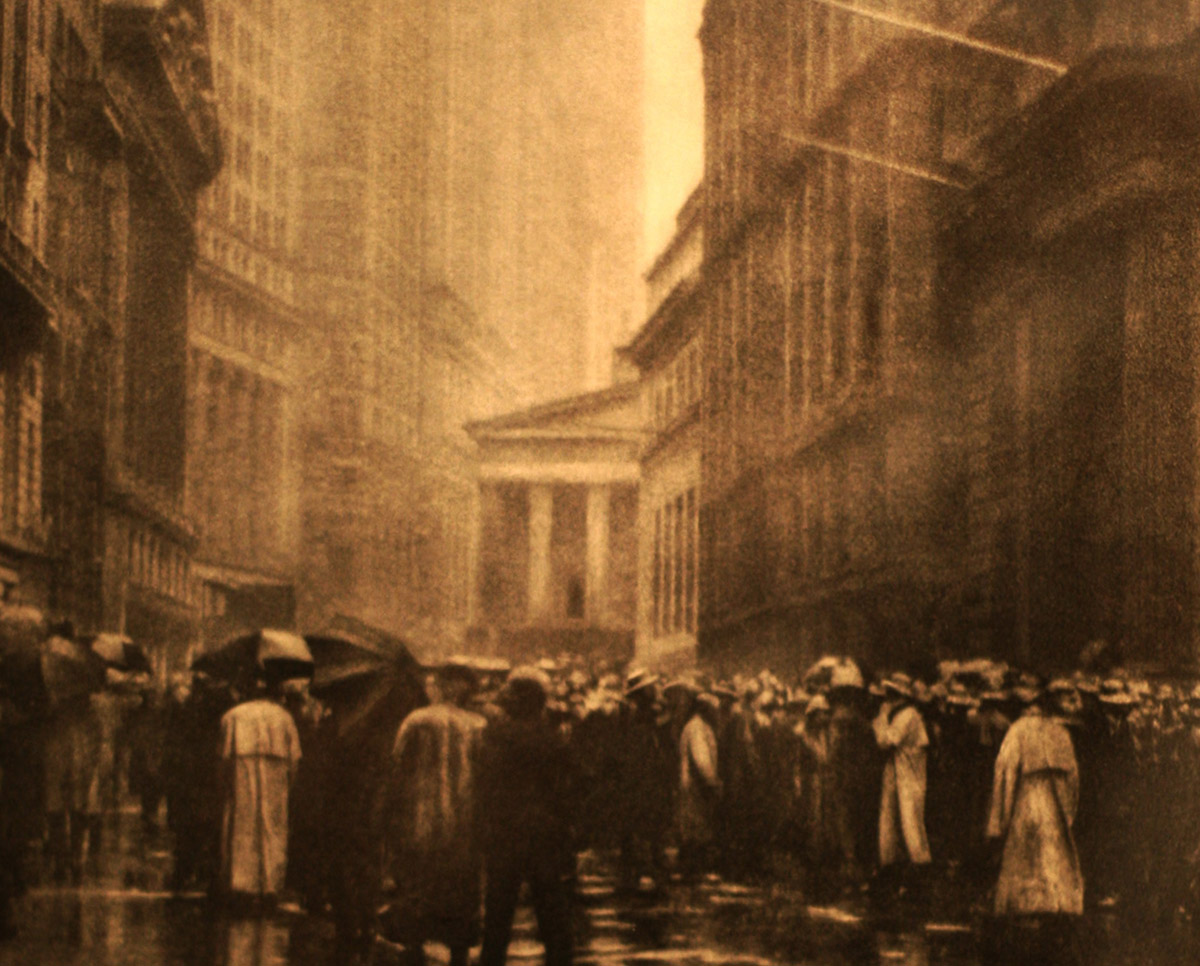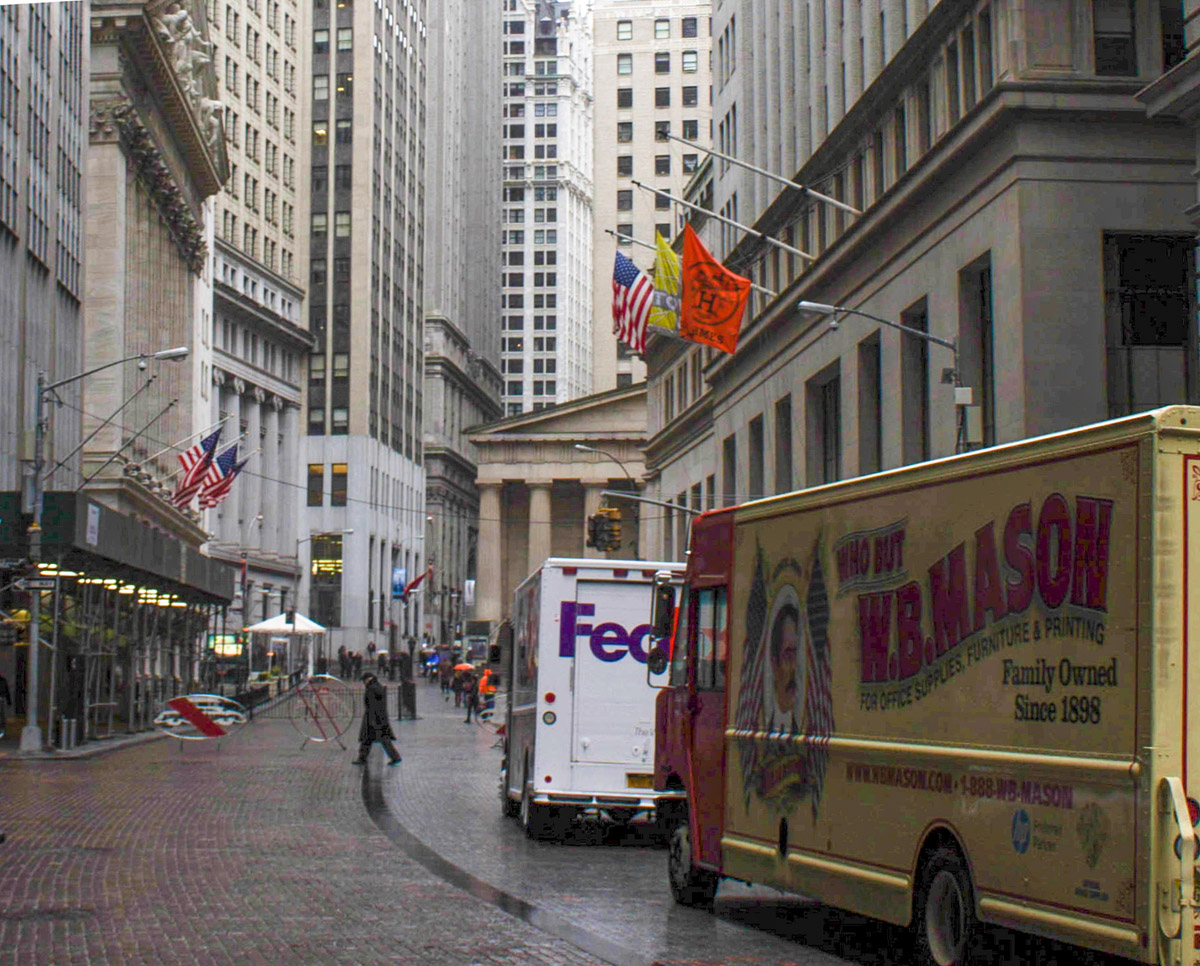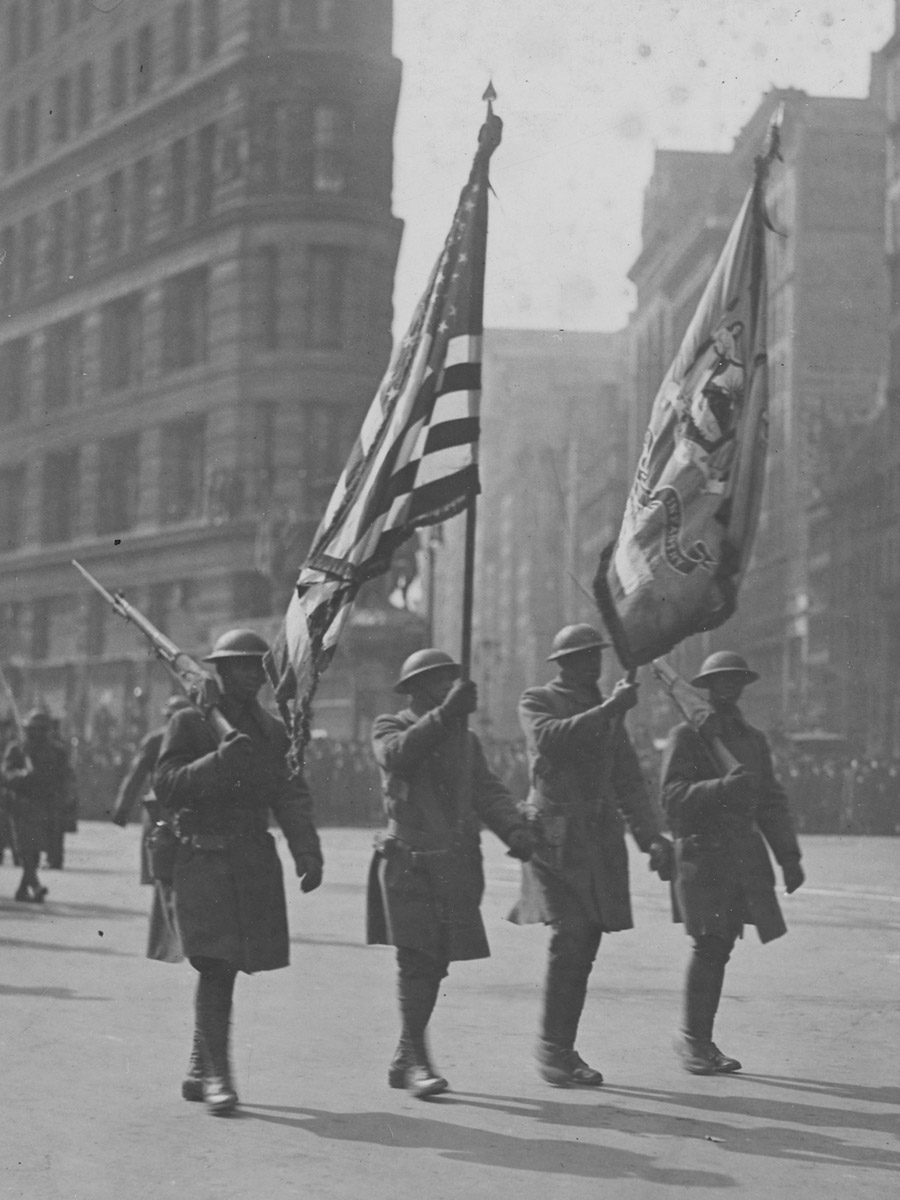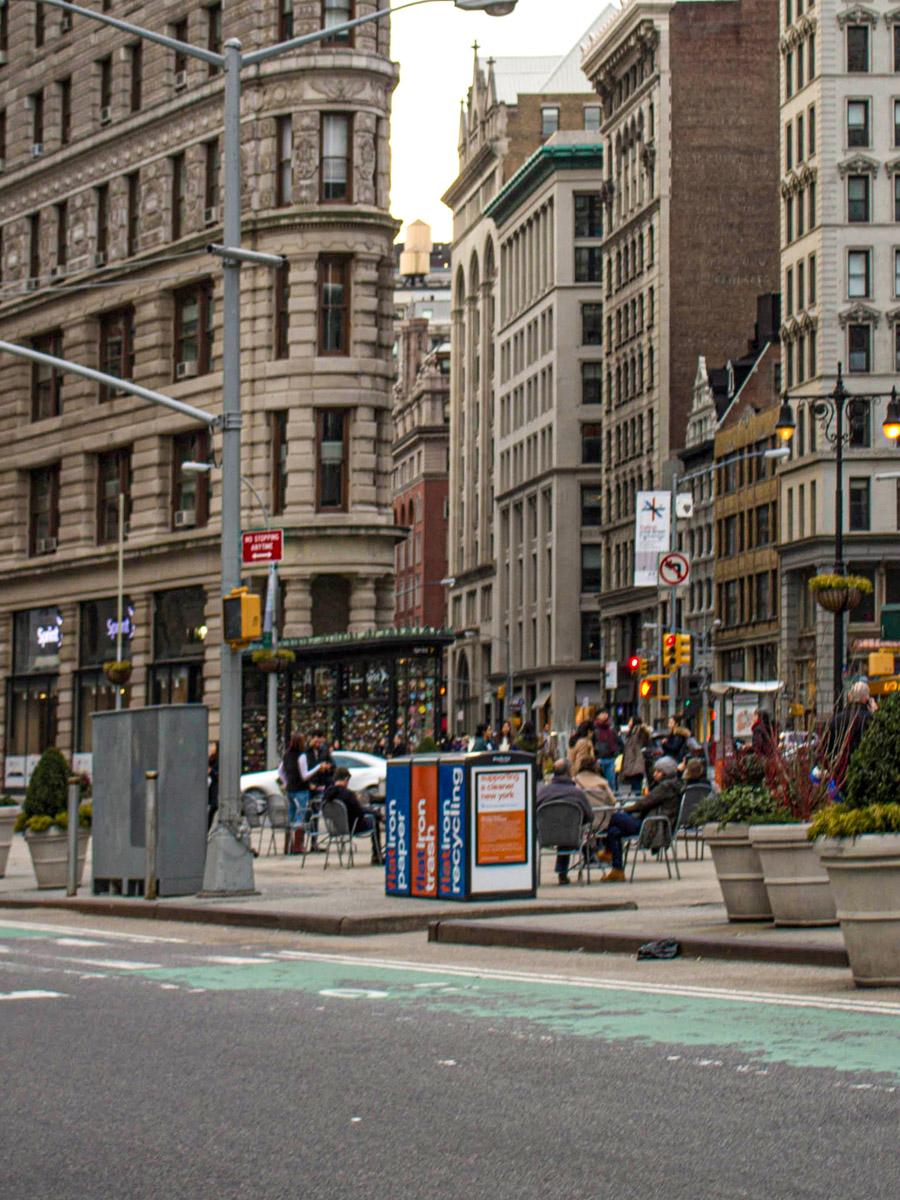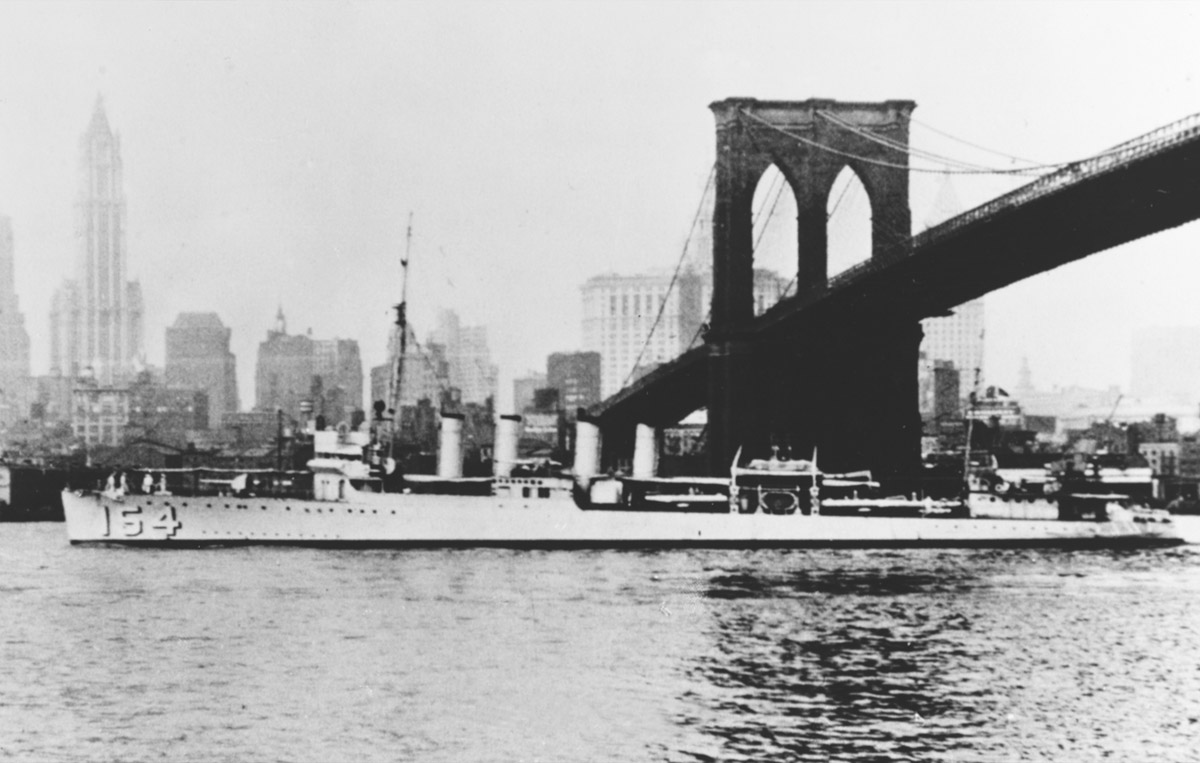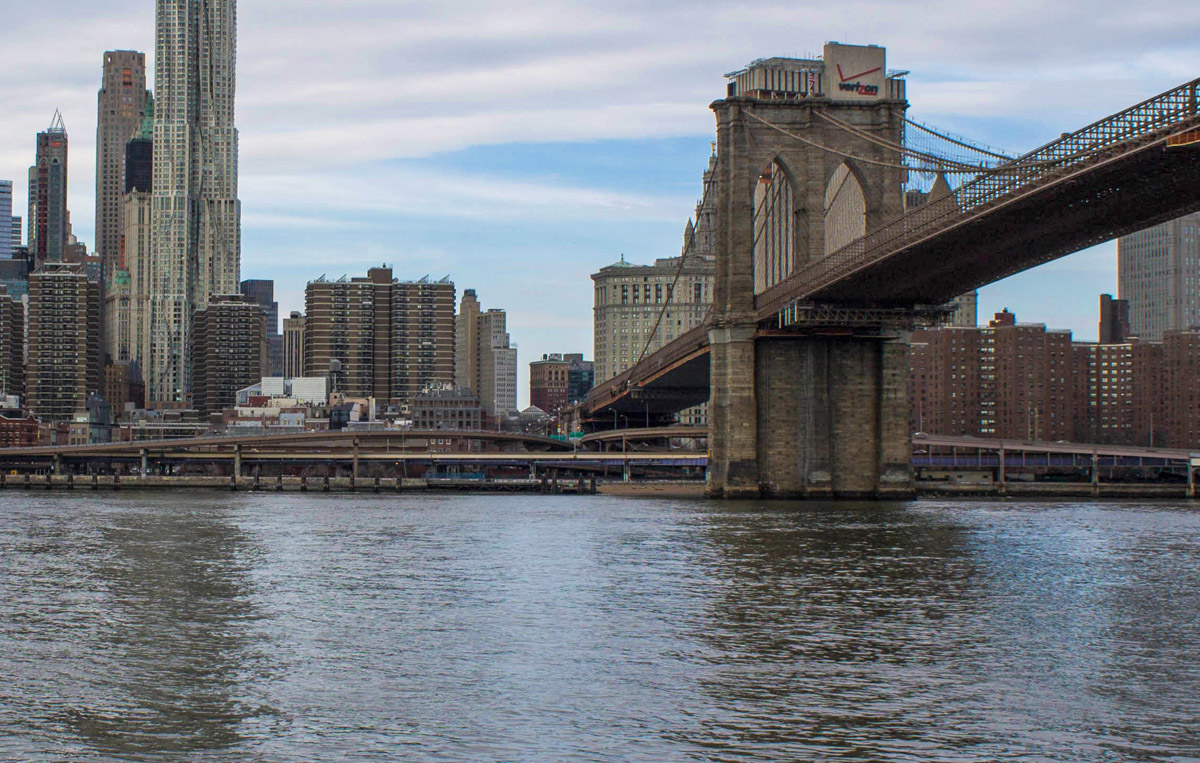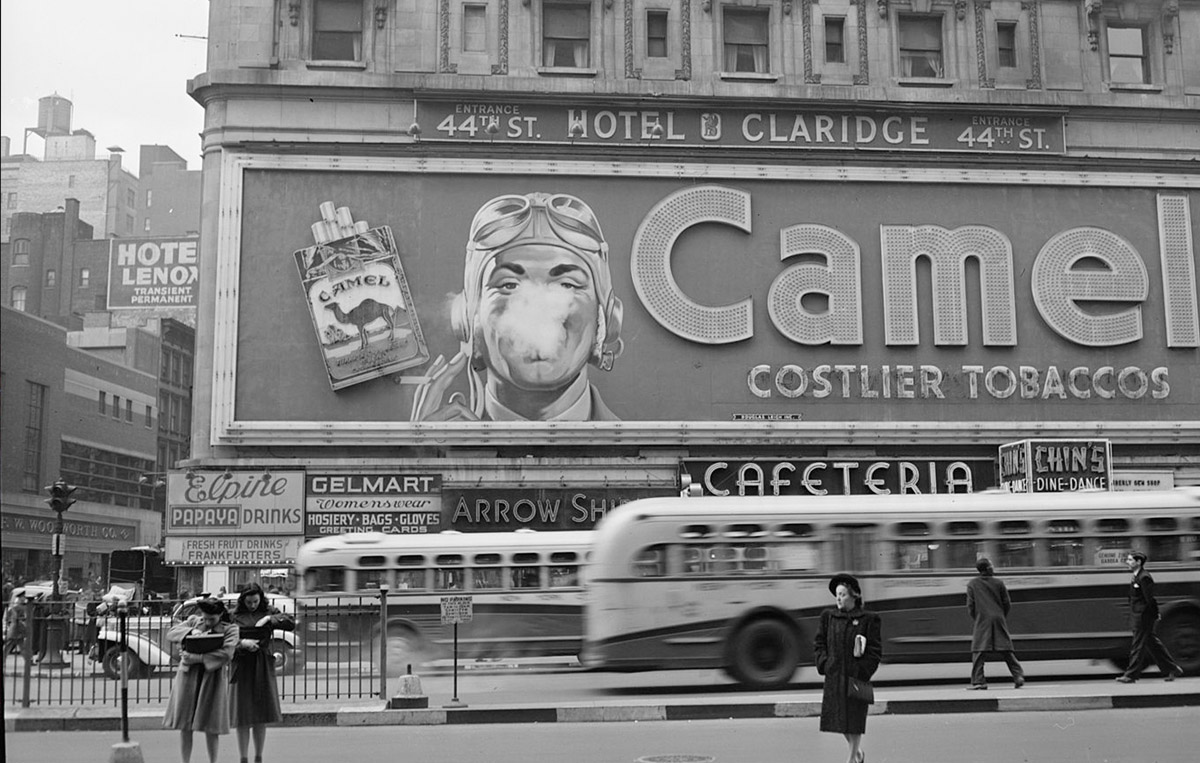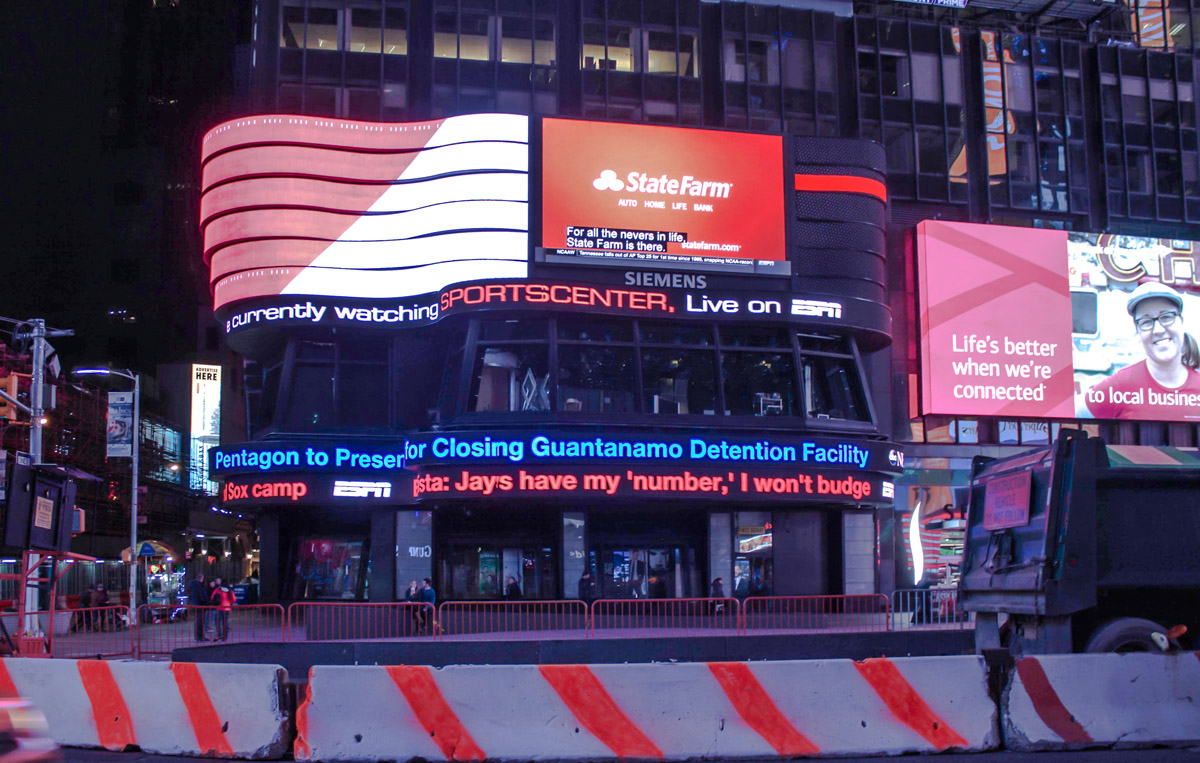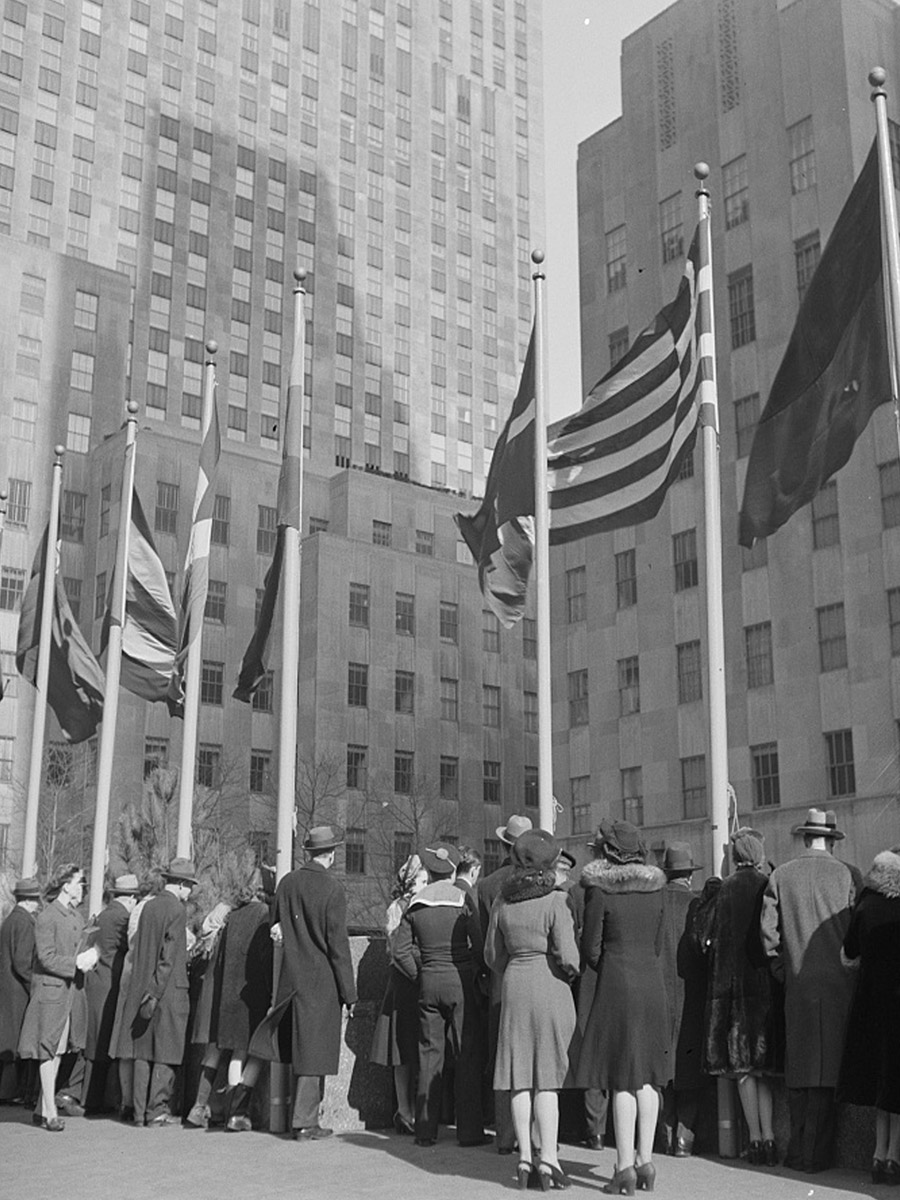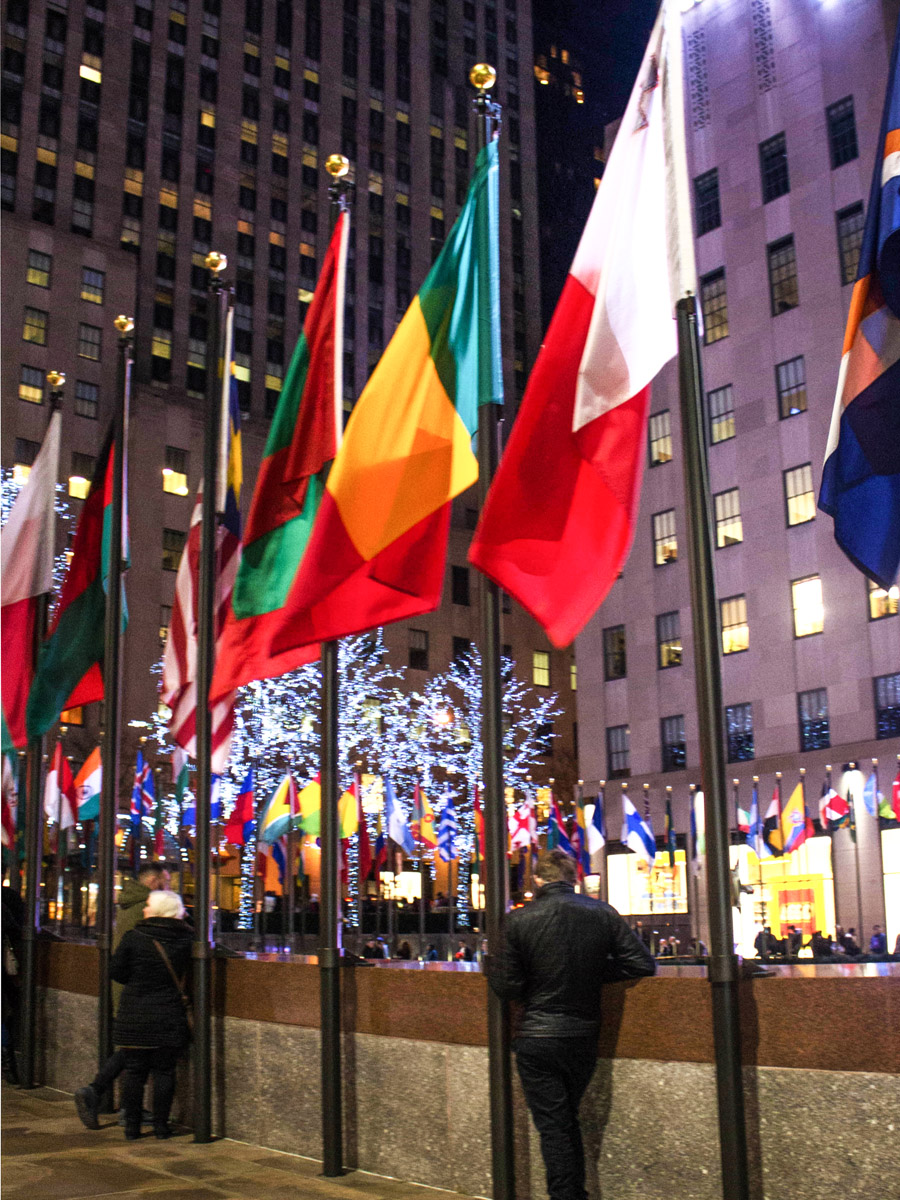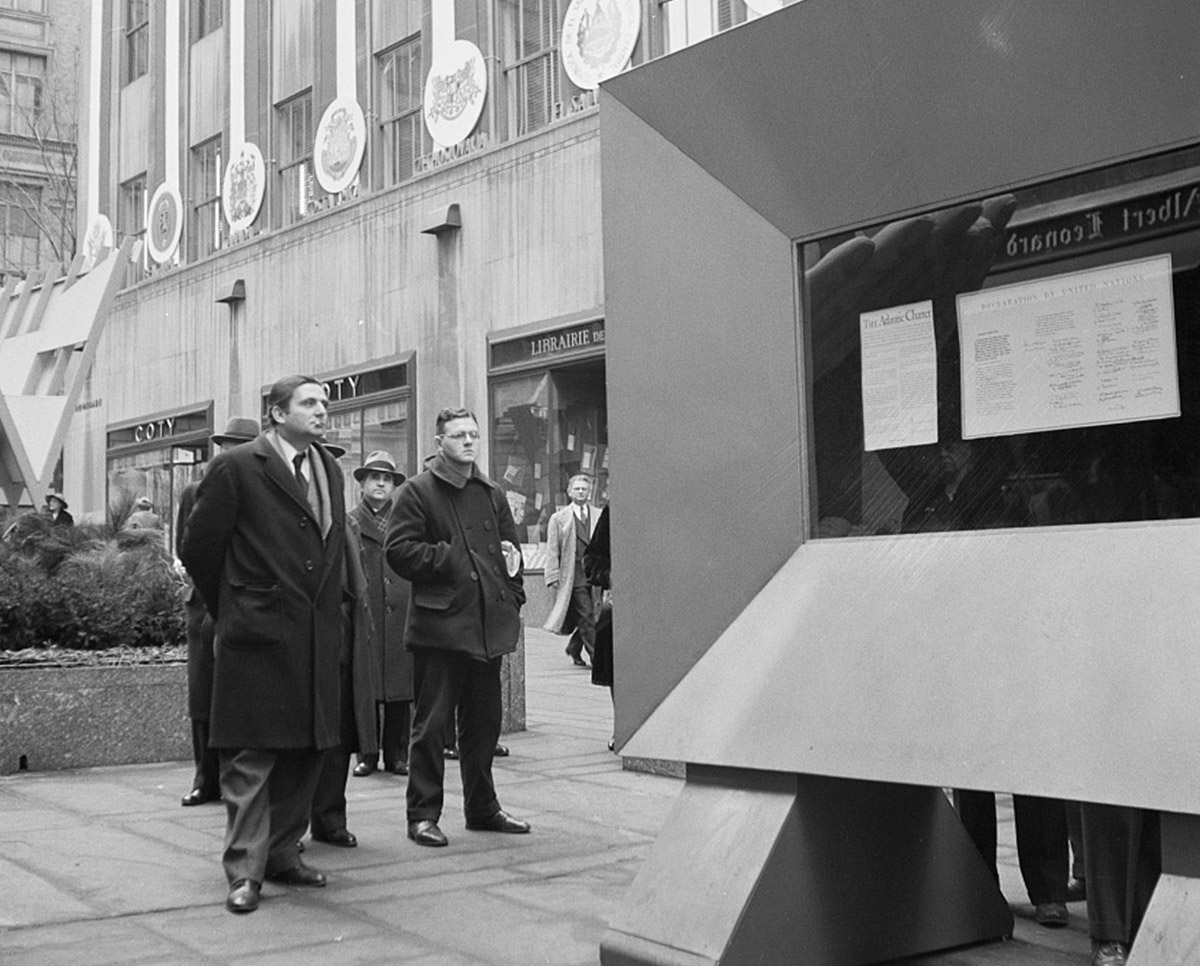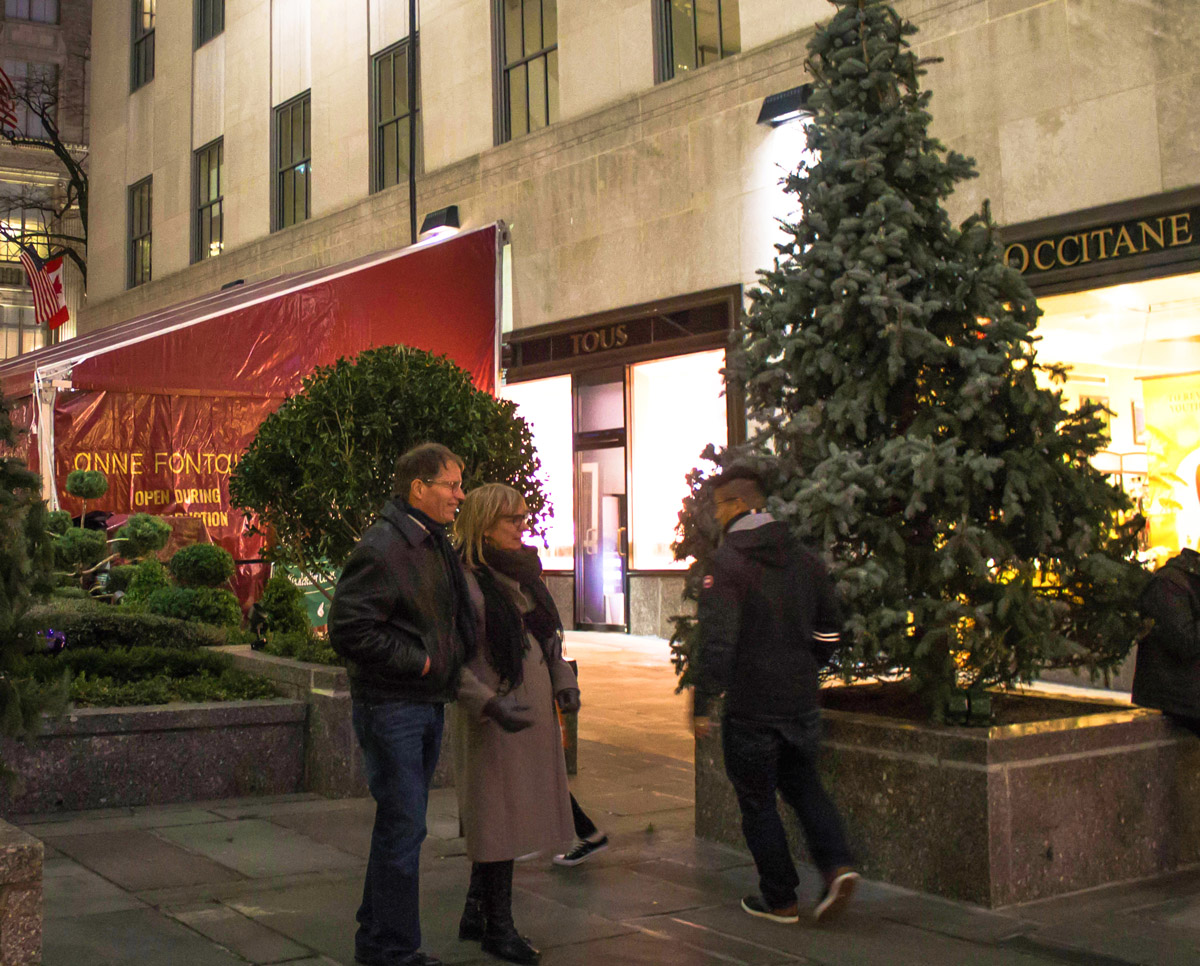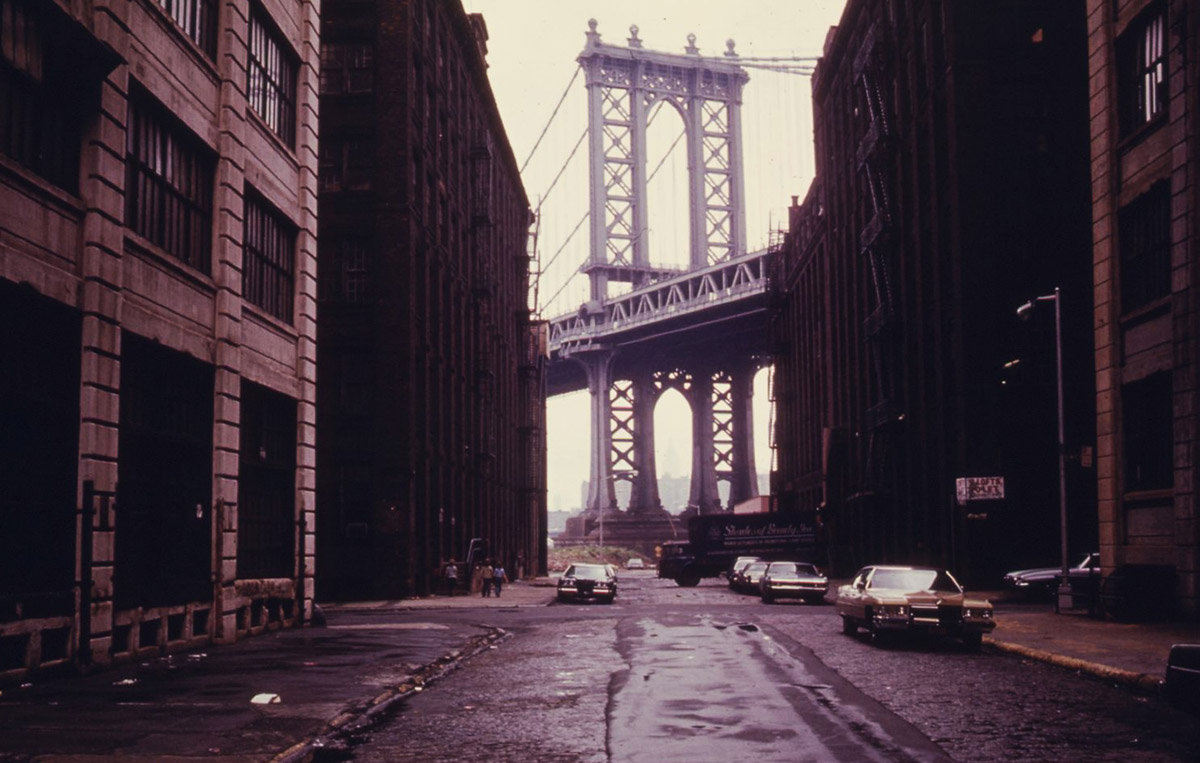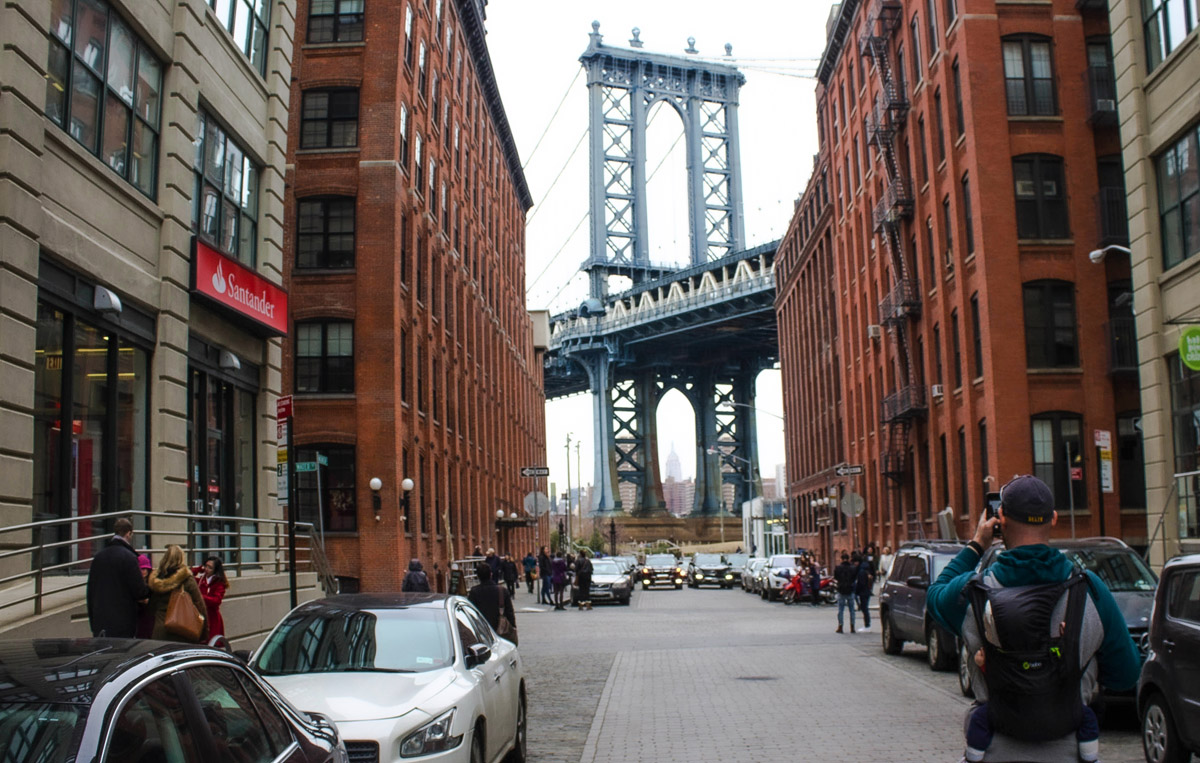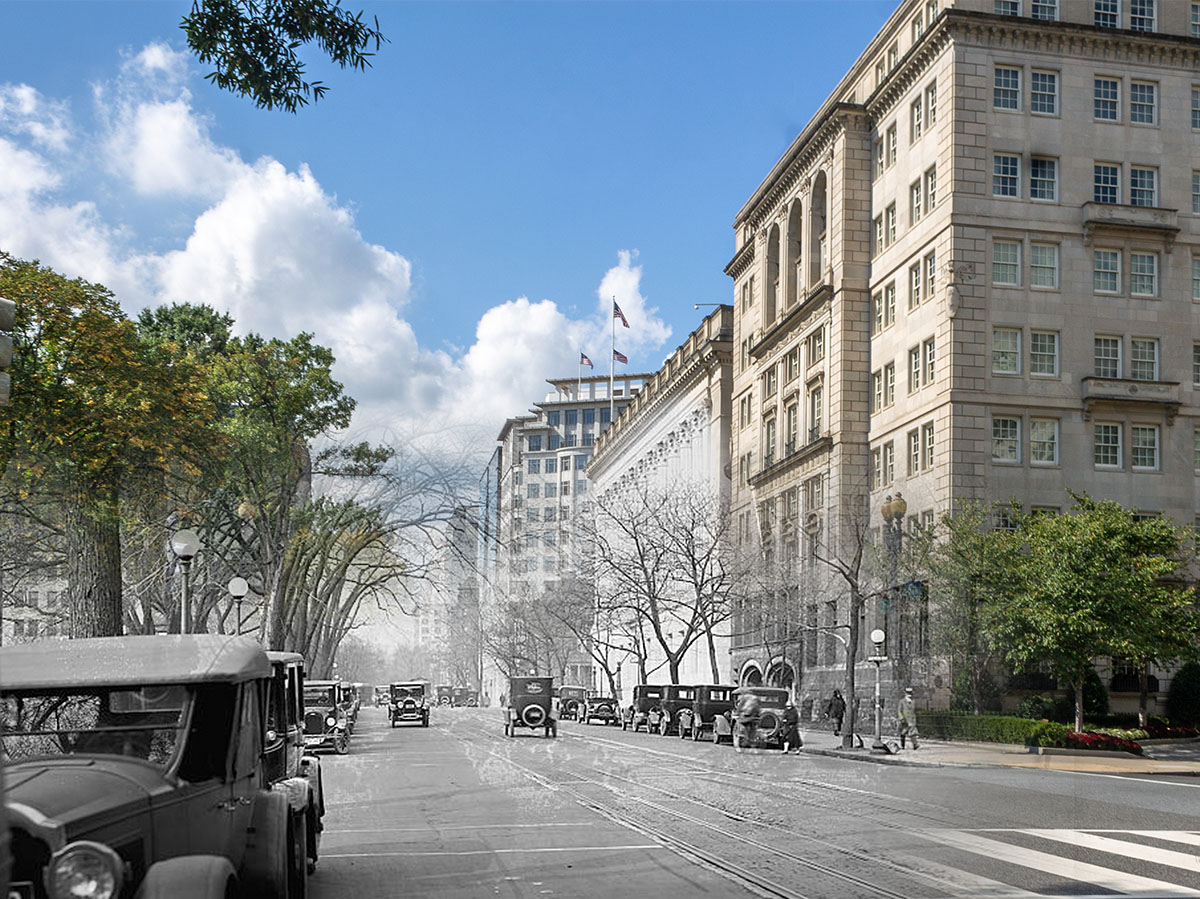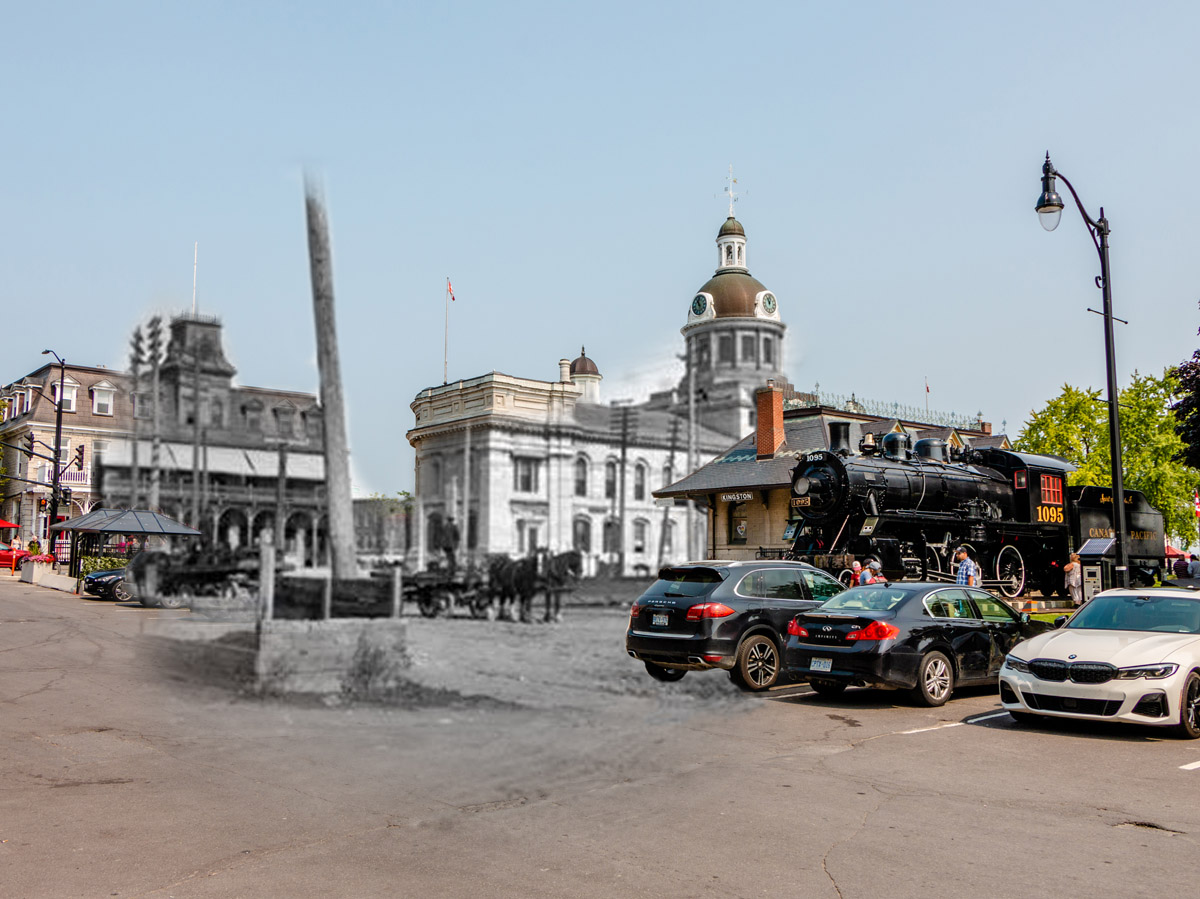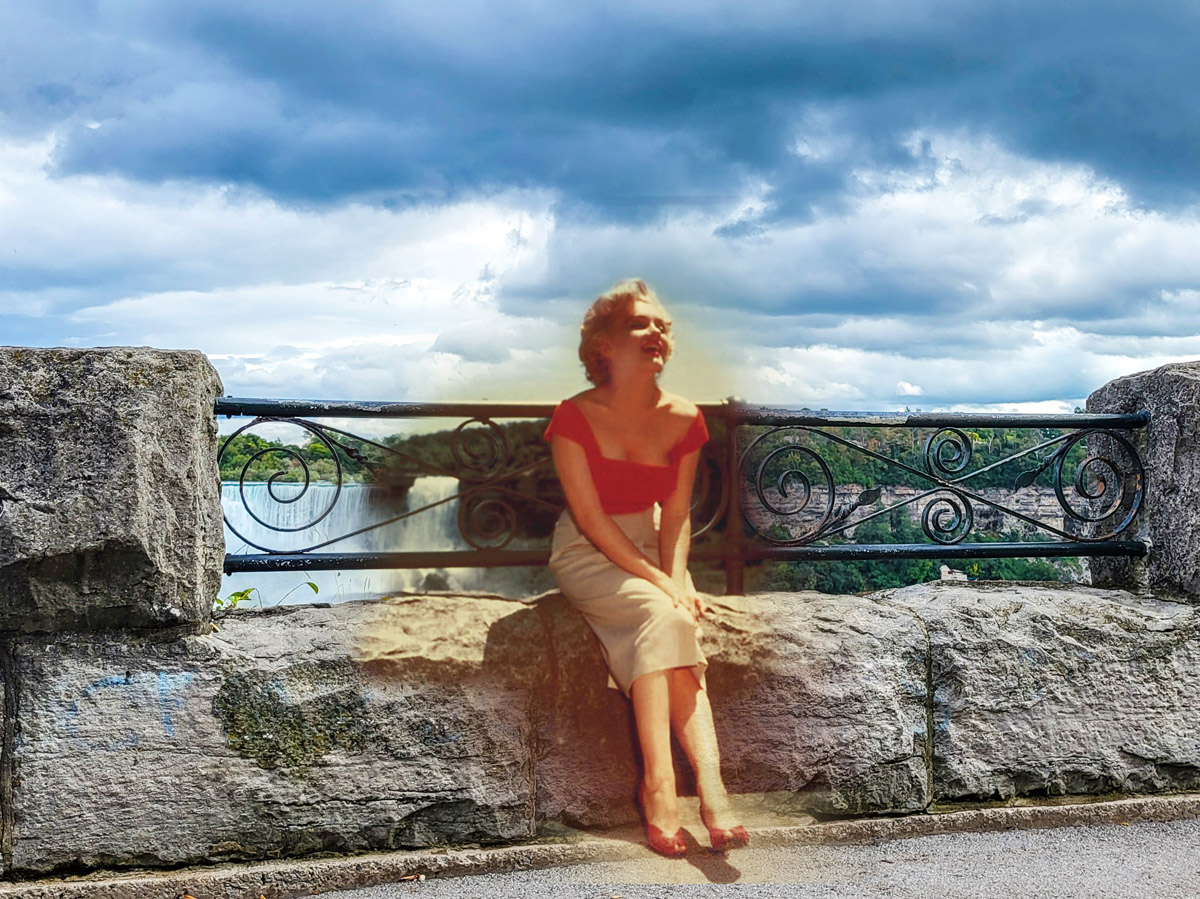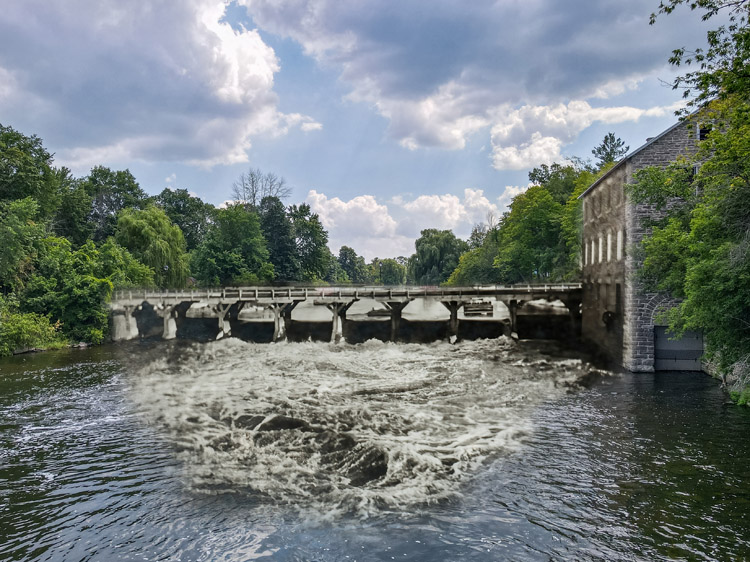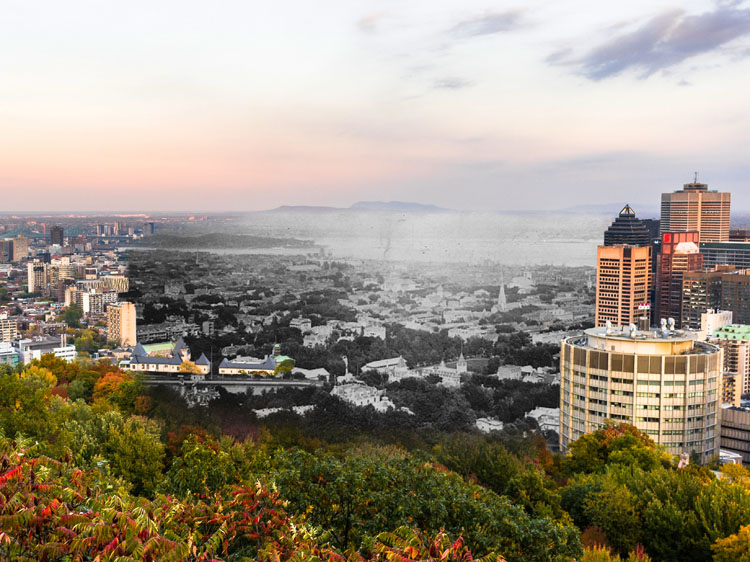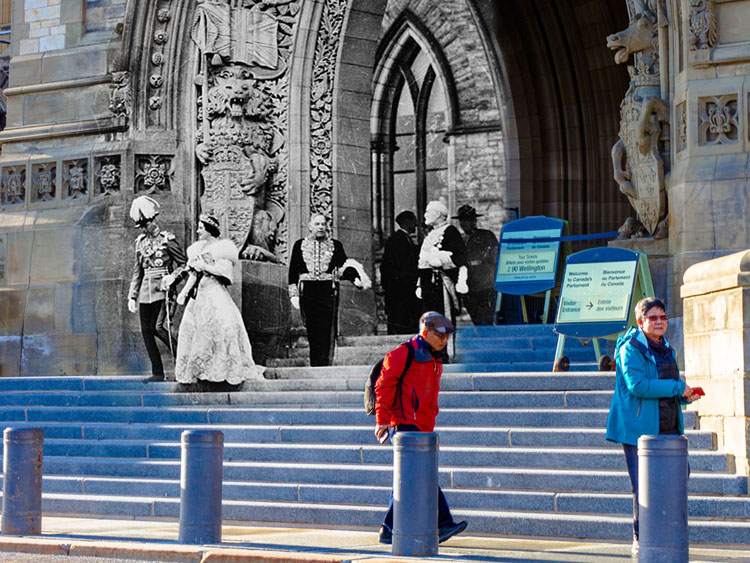Partner City
New York
The Big Apple
No city has has played a bigger role in shaping the modern world than New York. Boasting one of the world's largest and best natural harbours, the island of Manhattan was an obvious focal point for early European settlement on North America's eastern seaboard. Founded as the Dutch trading post of New Amsterdam in 1608, and incorporated as a city in 1653, in 1664 it was taken by the British, who renamed it New York. It quickly grew in importance as a major city and port, and following the American Revolution it was briefly capital of the newly-independent American Republic. During the 19th century the growth of its size and influence accelerated dramatically as millions of European immigrants debouched at Ellis Island and many settled in the city's five boroughs. The world's first hyper-modern city, many of the hallmarks of modern urbanism were first developed at scale in New York, such as the subway and the skyscraper. The city became one of the world's centres of finance, culture, media, and entrepreneurship. By 1950 it was home to the United Nations and the largest city in the world. Today the city is still the largest in the United States, and if the city's GDP was to be compared to those of other countries, it would be around the 15th largest economy in the world. New York's many landmarks are today known around the world, and its rich history and culture continue to attract millions of tourists every year.
Explore
New York
Then and Now Photos
Kissing the War Goodbye
1945
The famous photo of a sailor kissing a woman in Times Square on V-J Day on August 14, 1945. The photographer (Andrew's) parents David and Christine were present and helped to recreate the scene. We're happy to share this photo in David's loving memory.
New Amsterdam
1671
An illustration of the Dutch colony of New Amsterdam in the late 17th century, as seen from across the East River.
Washington Enters NY
1783
Washington's triumphal entry into New York City on Nov. 25th, 1783 at the head of the Continental Army in the wake of the hurried British evacuation of New York. Washington's entry into the city proceeded down the island, onto Broadway, and then to the Battery. The painting here shows St. Paul's Chapel on the left, but this painting was created decades later in 1879 by Ludwig Restein, and he got the parade route wrong. Washington's triumphal entry didn't actually pass by this spot.
Washington at St. Paul's
1789
A sketchcreated some time after the fact, shows George Washington visiting St. Paul's Chapal.
View from Brooklyn
1798
The somewhat more modest skyline of Manhattan as seen from Brooklyn some two centuries ago.
Panic of 1884
1884
Nespaper illustration depicting the crowds on Wall Street on the morning of May 14, during the Panic of 1884.
Blizzard of 1888
1888
Snow-covered train tracks, rooftops and arches of the Brooklyn Bridge seen from the rear of a train during the Blizzard of 1888.
Olympia Entertainment
1895
Hammerstein's Olympia entertainment complex, east side of Longacre (Times) Square, 44th Street to 45th Street
Longacre Square
1899
Longacre Square, the previous name of Times Square. At right is Oscar Hammerstein's Victoria Theatre, under construction on the northwest corner of 42nd Street and 7th Avenue; it opened on March 2, 1899.
The Fifth Avenue Coach
1900
The Fifth Avenue Coach at Madison Square Park in front of the statue of William H. Seward, New York 1900.
Times Square Traffic
ca. 1900
A view of Times Square (or Longacre Square is at was then known) around the turn of the last century. Horse drawn buggies race by the photographer, and you can see a white-dressed street cleaner sweeping up the horse droppings in the street. On the left, the former Hammerstein's Olympia entertainment complex, part of which became the New York Theatre (name visible). In the distance is the back of the Pabst Hotel, partly blocked by four-story buildings which share its block. The Hotel Cadillac on the northeast corner of 43rd Street is in the middle distance.
Entertainment Complex
1908
Looking south down Broadway in Times Square. The view is dominated by the Hammerstein's Olympia entertainment complex, where the glass-enclosed Jardin de Paris rooftop theatre is visible. A sign announces Florenz Ziegfeld's Follies of 1908, which played there June 15–September 6, 1908.
Repairing the Bridge
1914
Workers on the suspension cables of the Brooklyn Bridge during construction.
Neysa McMein
1917
Neysa McMein carrying the flag at a parade, 1917. McMein was a famous illustrator, creating famous magazine covers for dozens of outlets.
Charlie Chaplin Performs
1918
Charlie Chaplin stands on Douglas Fairbanks' shoulders during a Liberty bonds rally. They are at the foot of George Washington’s statue in front of the Sub-Treasury (now Federal Hall National Memorial).
The Curb Market
1920
A painting by Joseph Petrocelli entitled "The Curb Market", showing the hustle and bustle of Broad Street.
369th Regiment
ca. 1919
Color bearers of the famous 369th African American regiment at the beginning of a parade in honour of their return to New York City after the FIrst World War.
USS Ellis
1933
The U.S. Navy destroyer USS Ellis (DD-154) passing under the Brooklyn Bridge, New York City. Ellis was in commission for three periods: 7 June 1919 to 17 June 1922, 1 May 1930 to 16 December 1936, and 16 October 1939 to 31 October 1945.
Camel Cigarettes Ad
1943
A huge ad for Camel Cigarettes uses the image of an aviator in wartime Times Square.
Rockefeller Plaza
1943
At the Rockefeller Plaza, people gather to view ice skating. The flags above are all the different flags of the "United Nations" as the Allies called themselves throughout much of the war. At the end of the war the meaning would shift and come to represent the newly founded international body we know today.
Listening to War Leaders
1943
People stand and listen to regularly broadcast speeches of Allied war leaders at the Rockefeller Plaza at the height of the Second World War. Broadcasts by Roosevelt, Churchill, Stalin, and Chiang Kai-shek were played every half hour.




